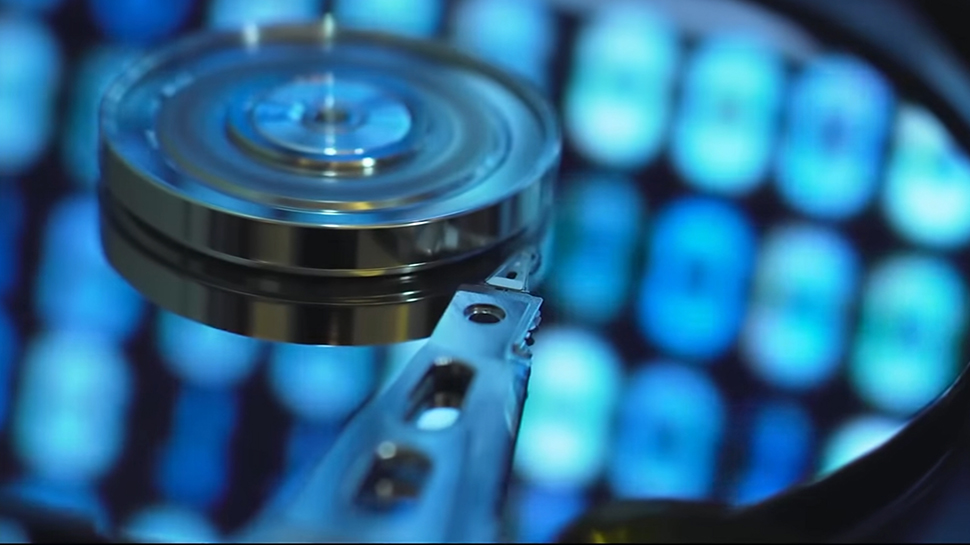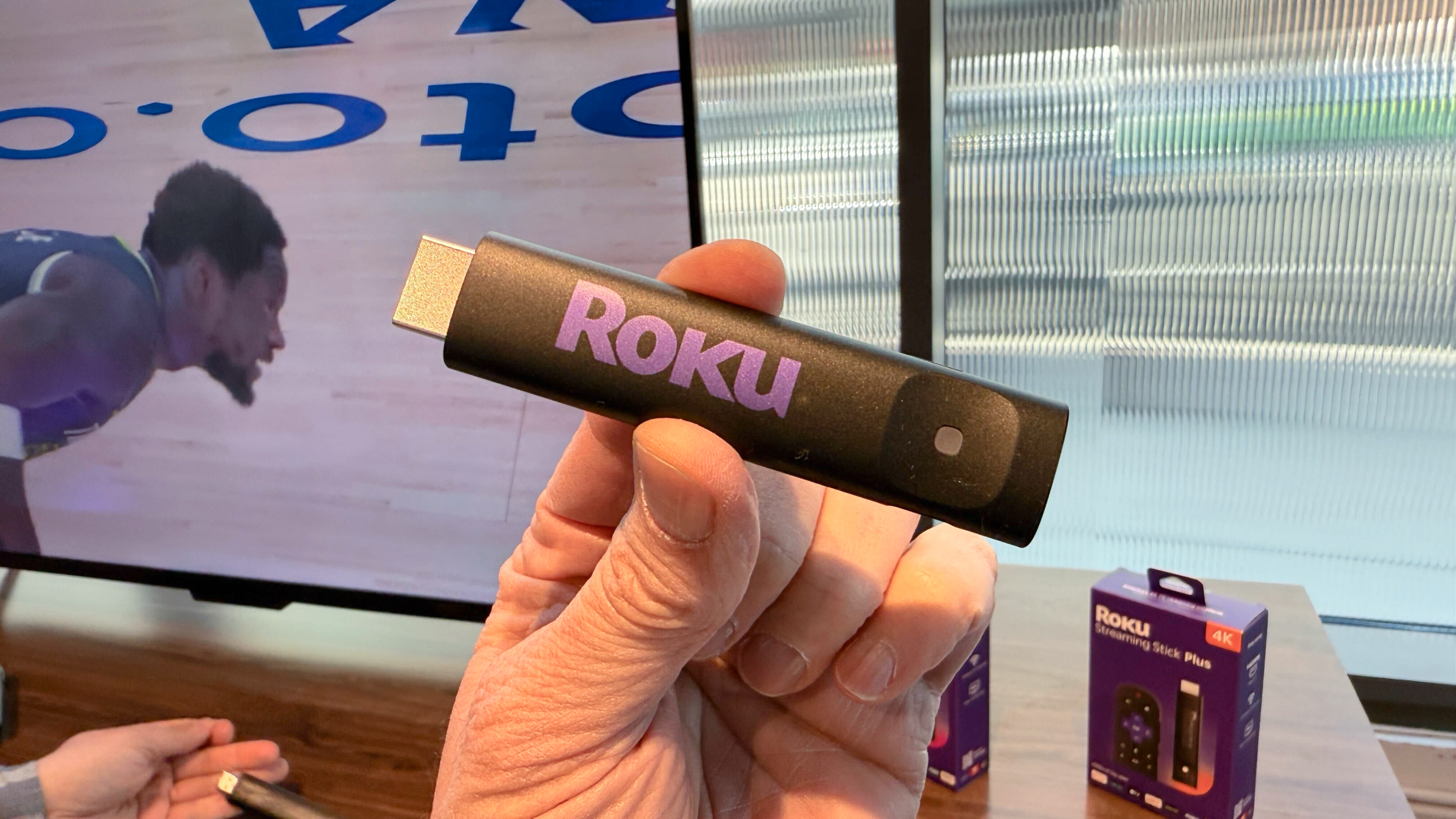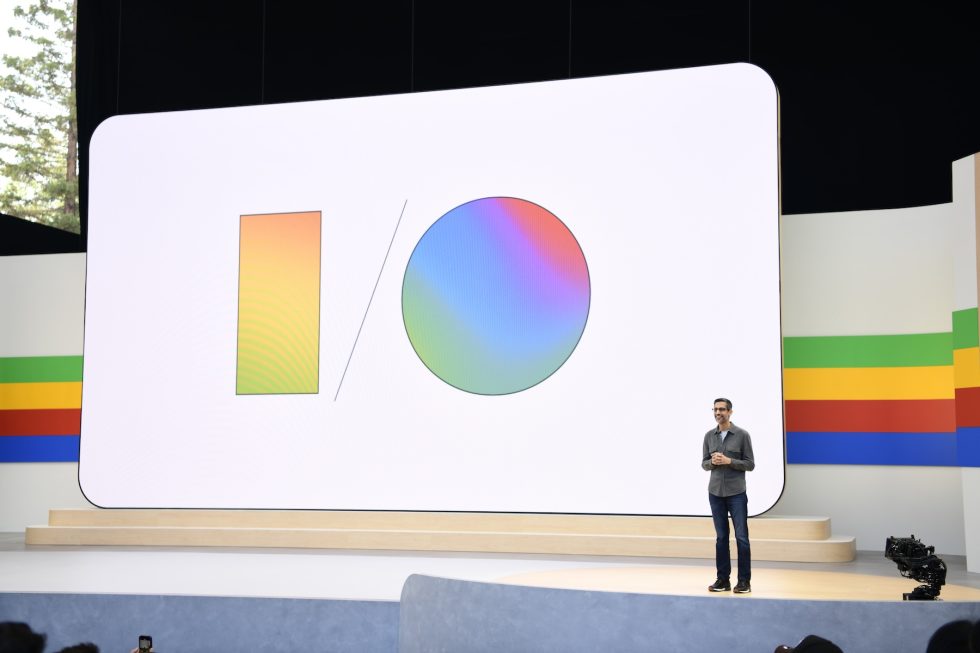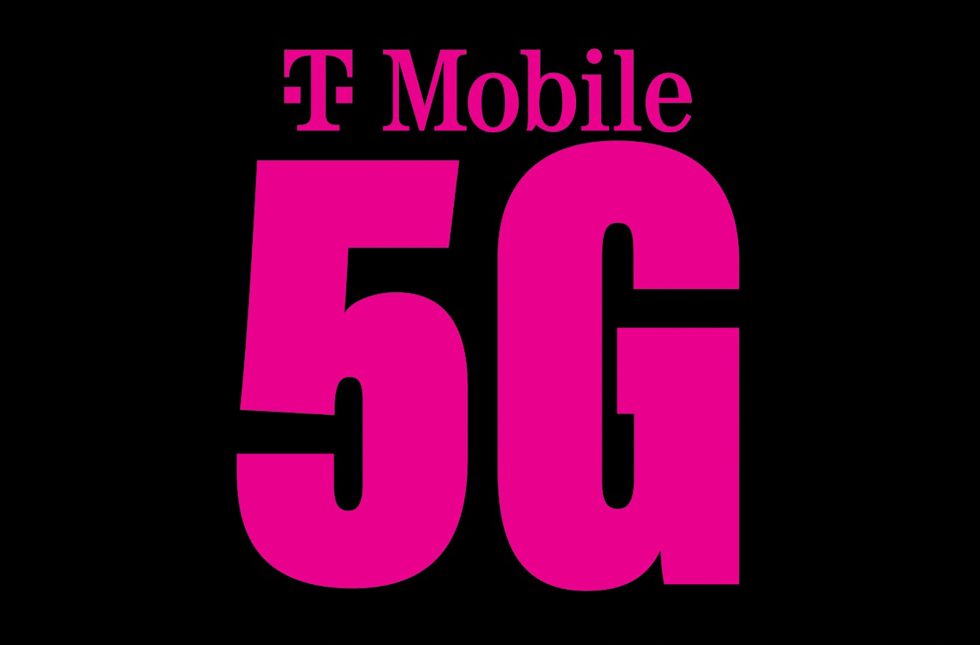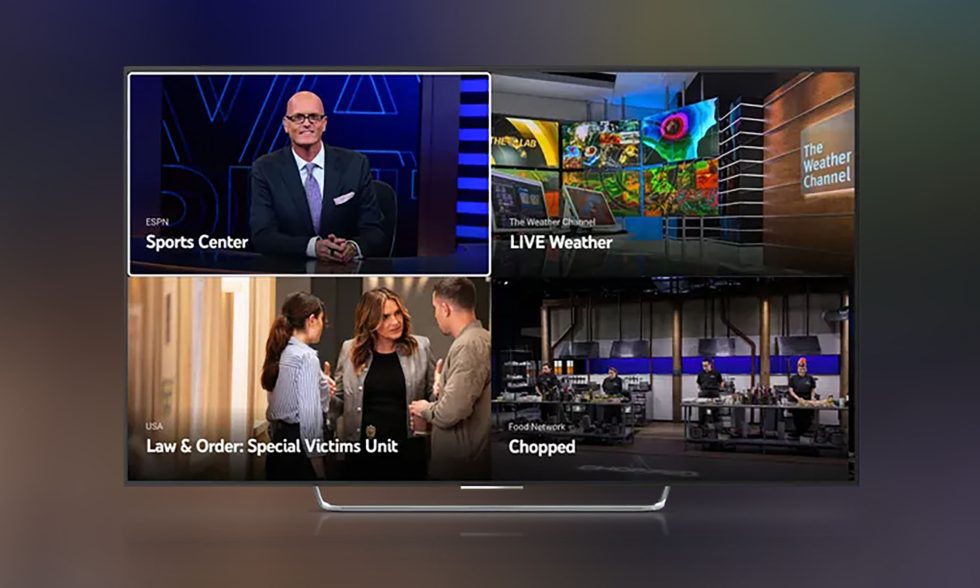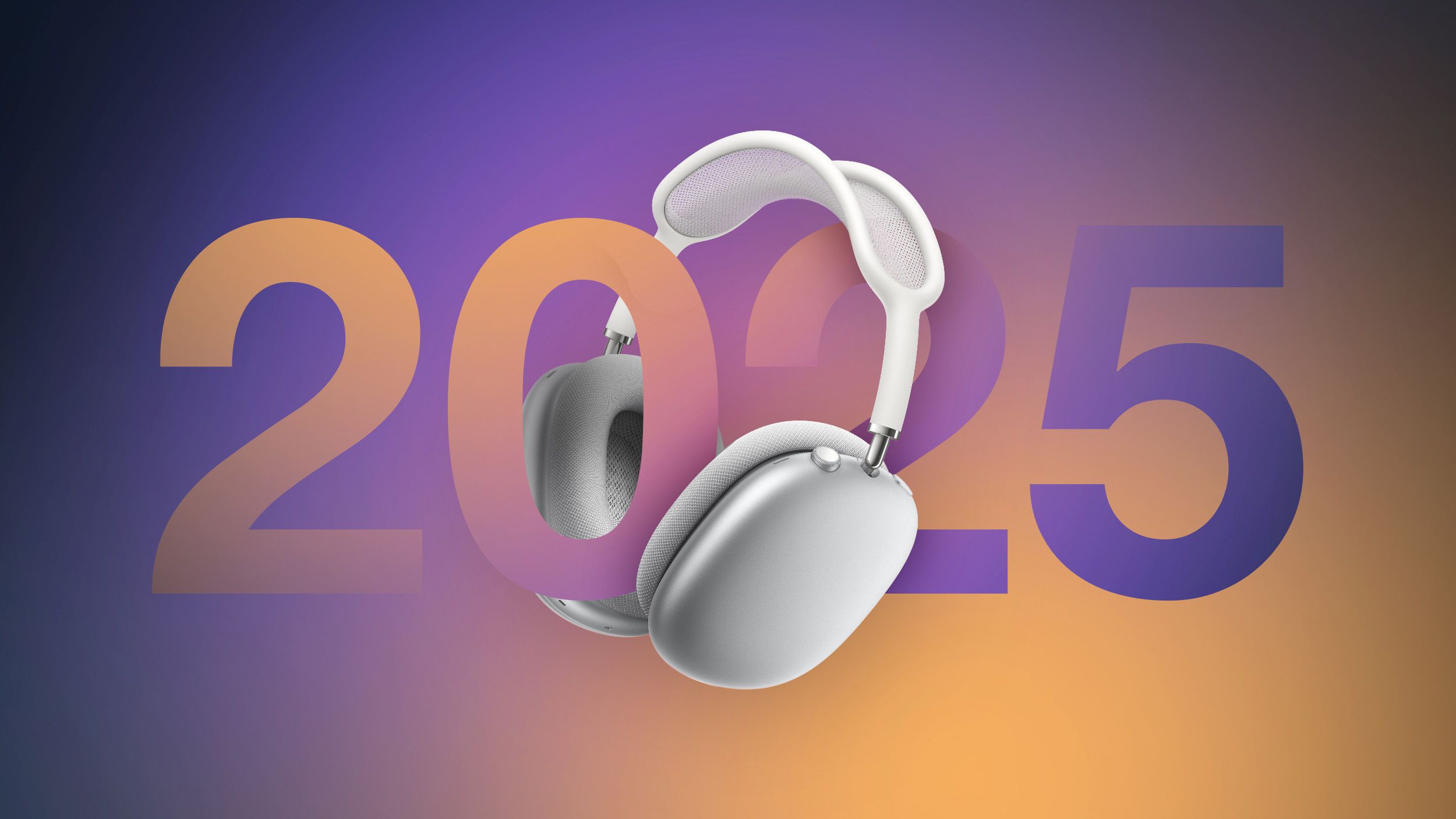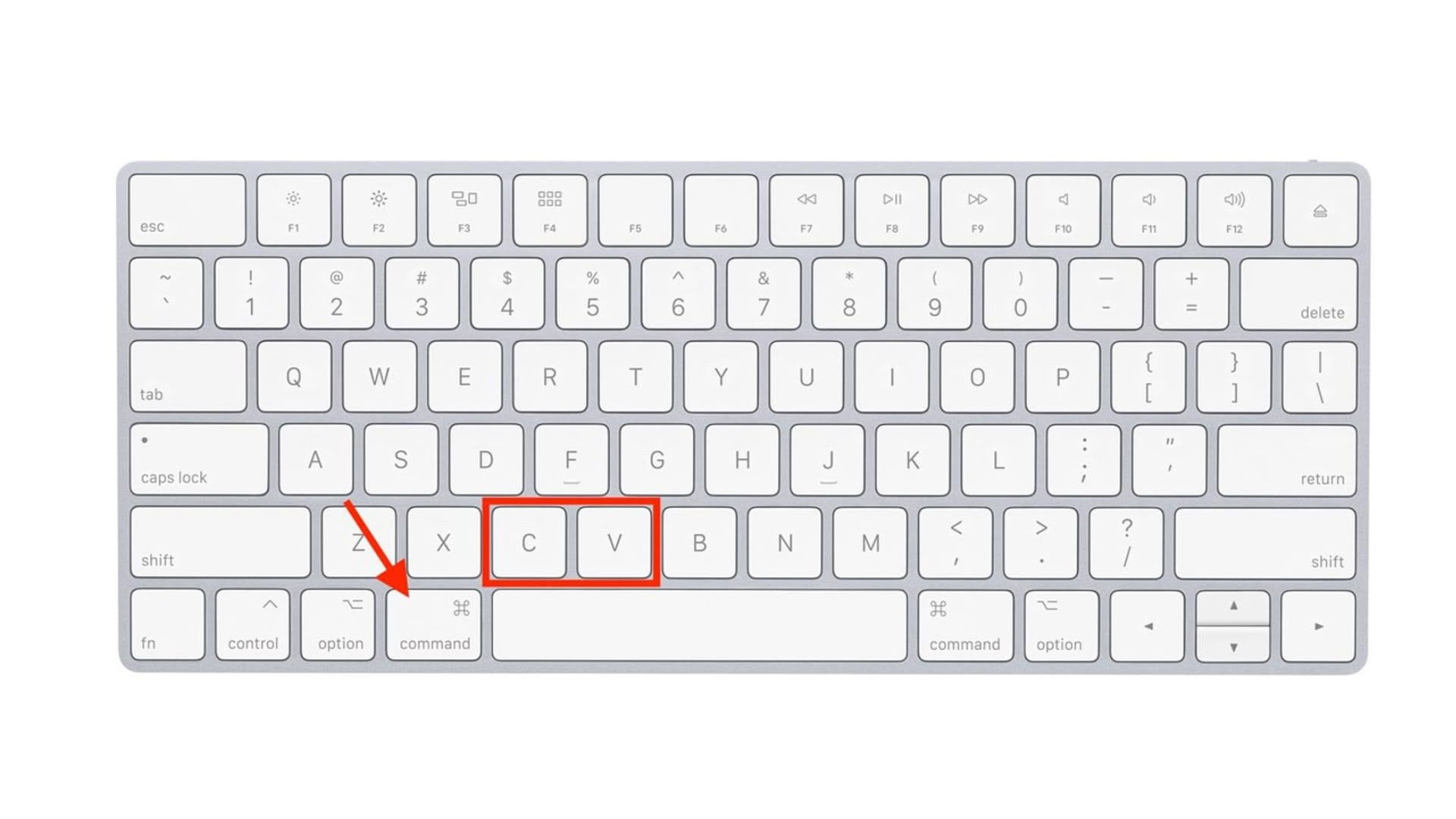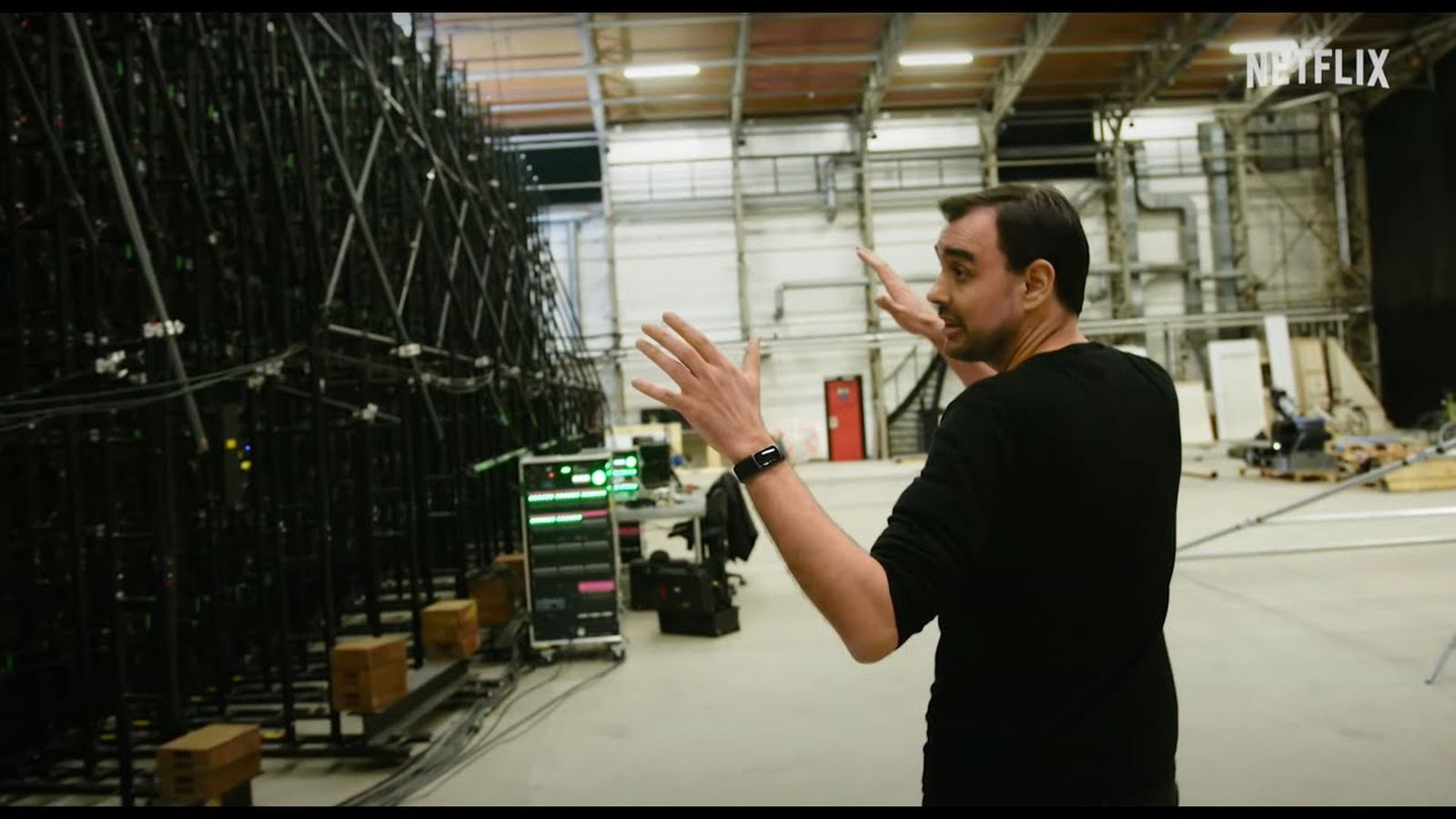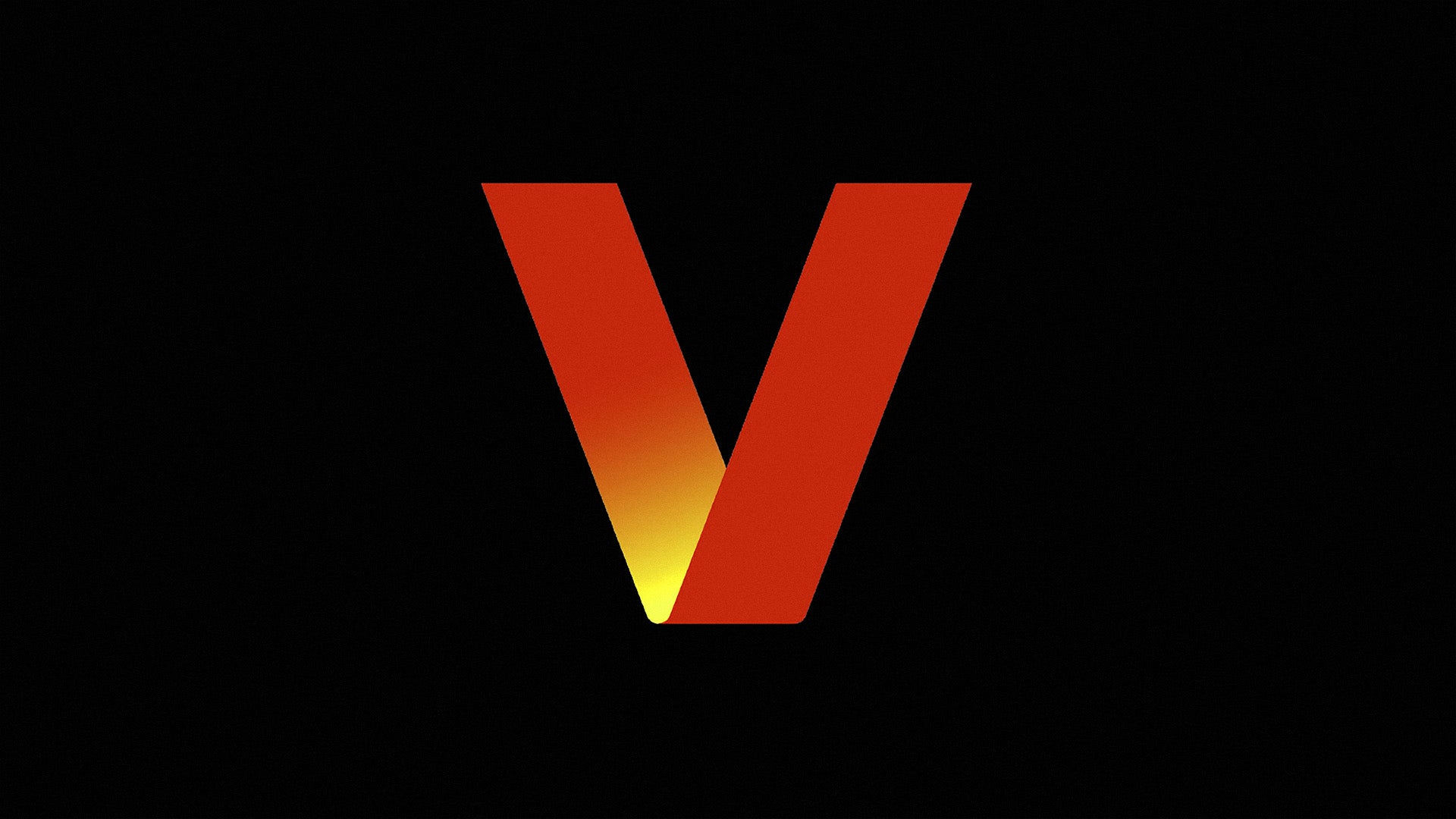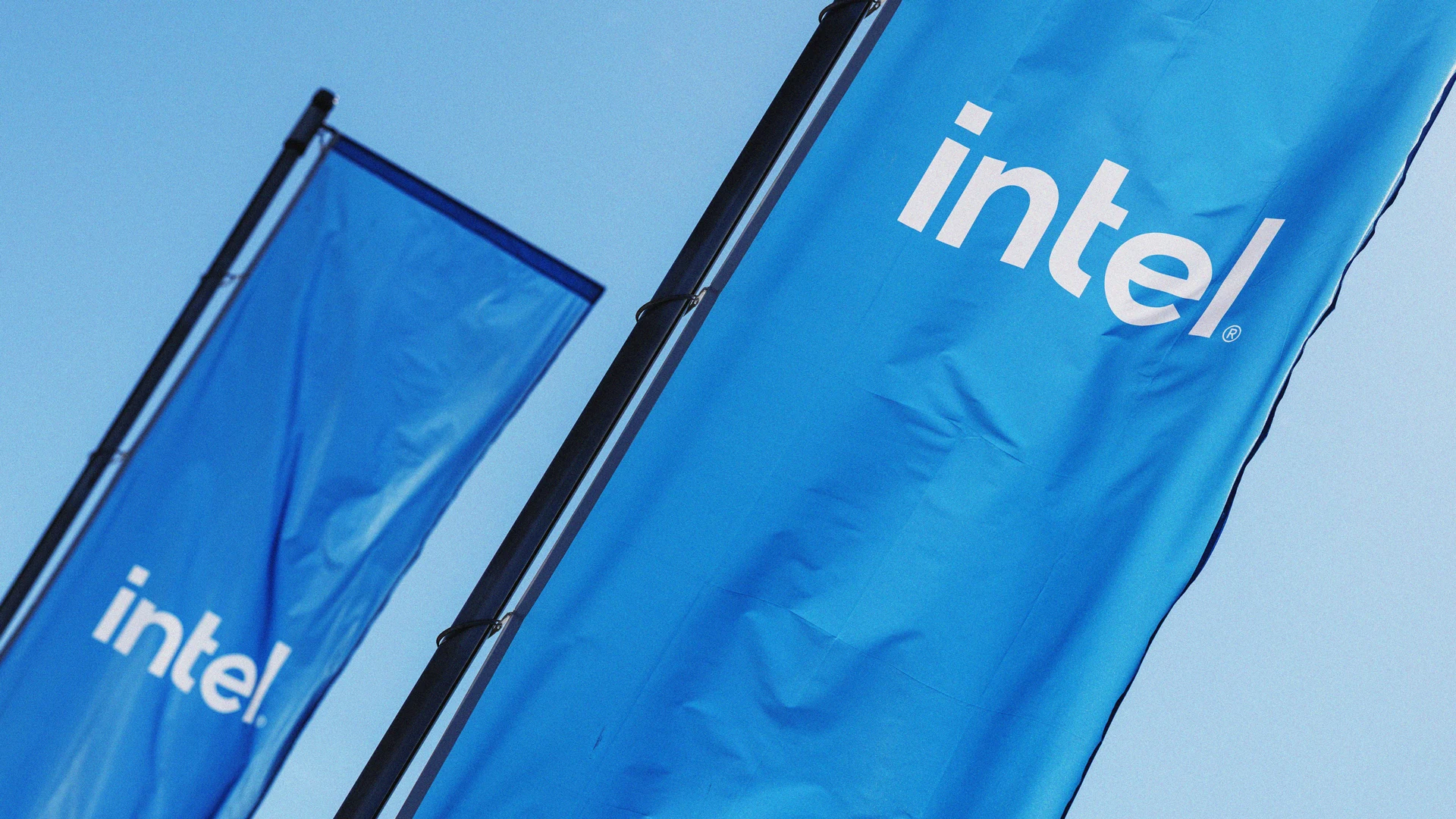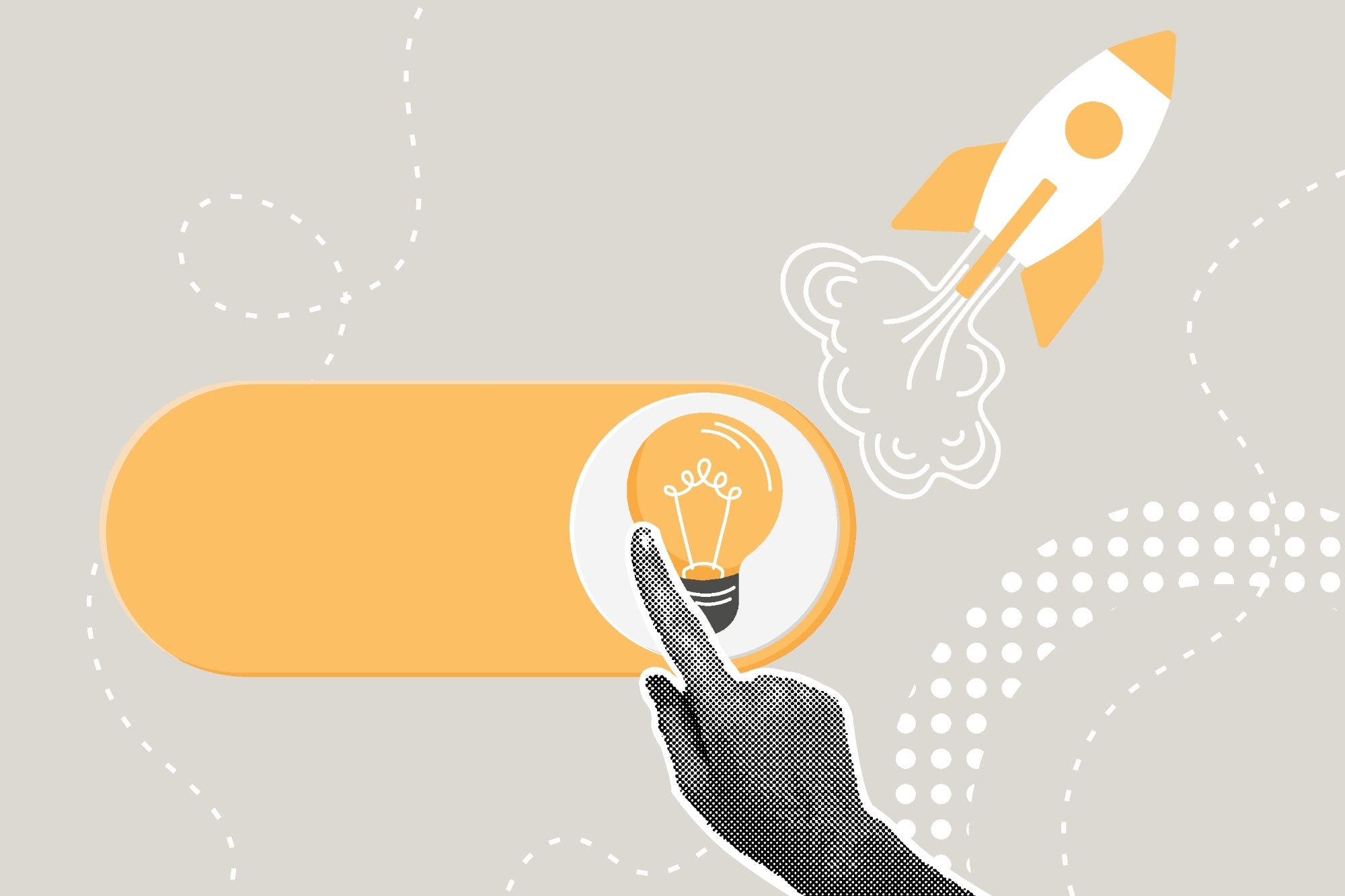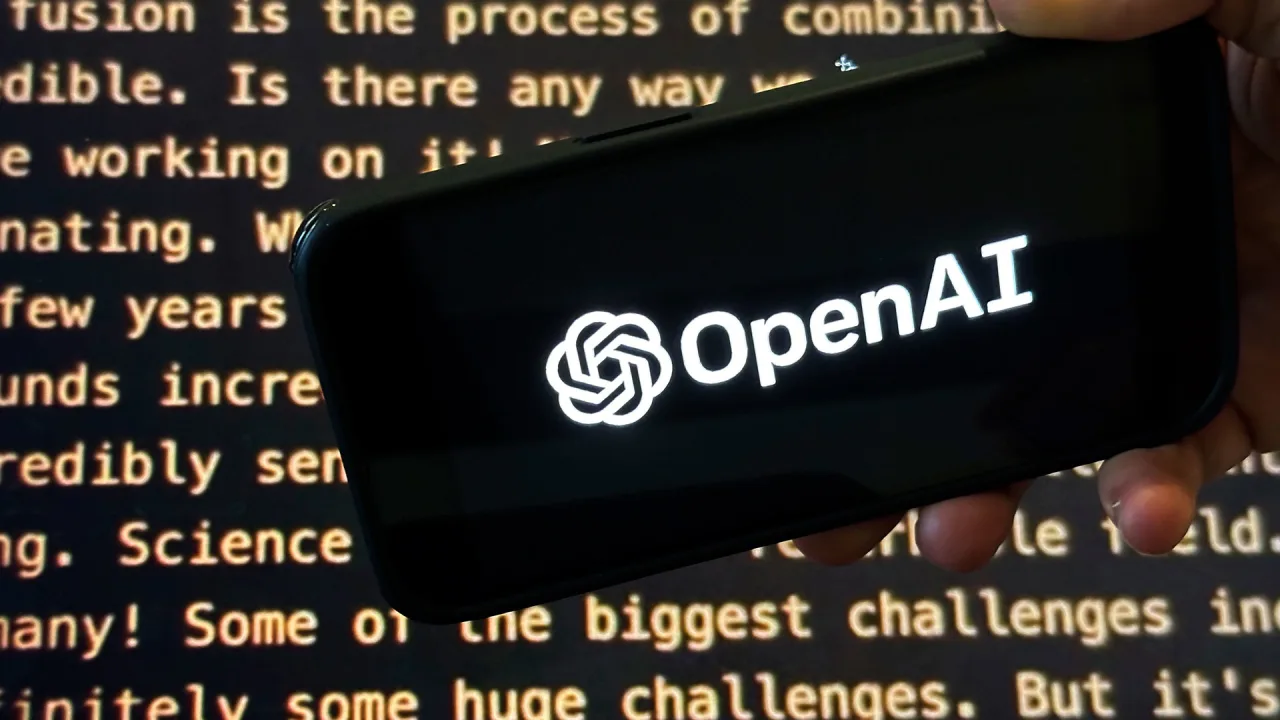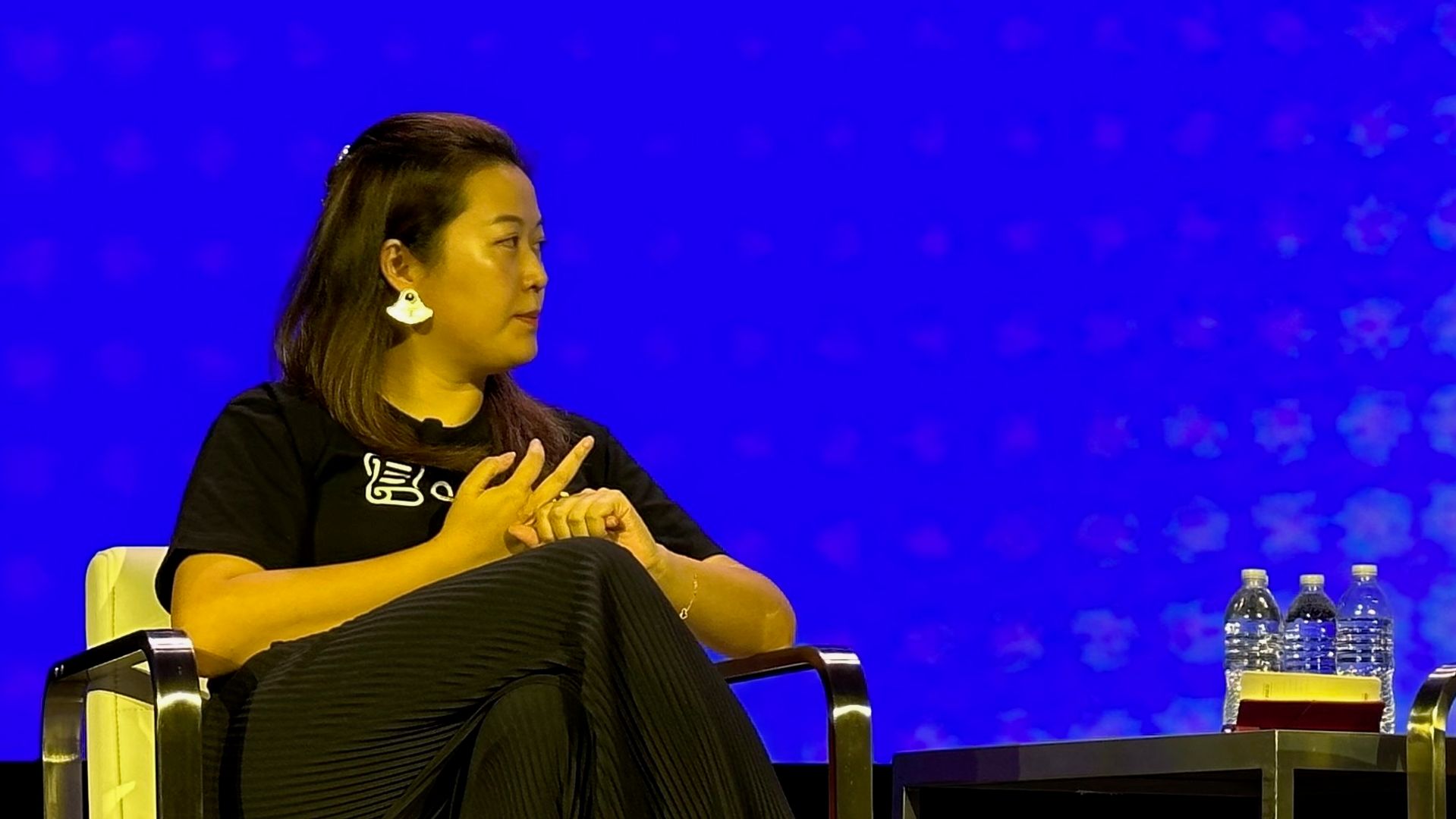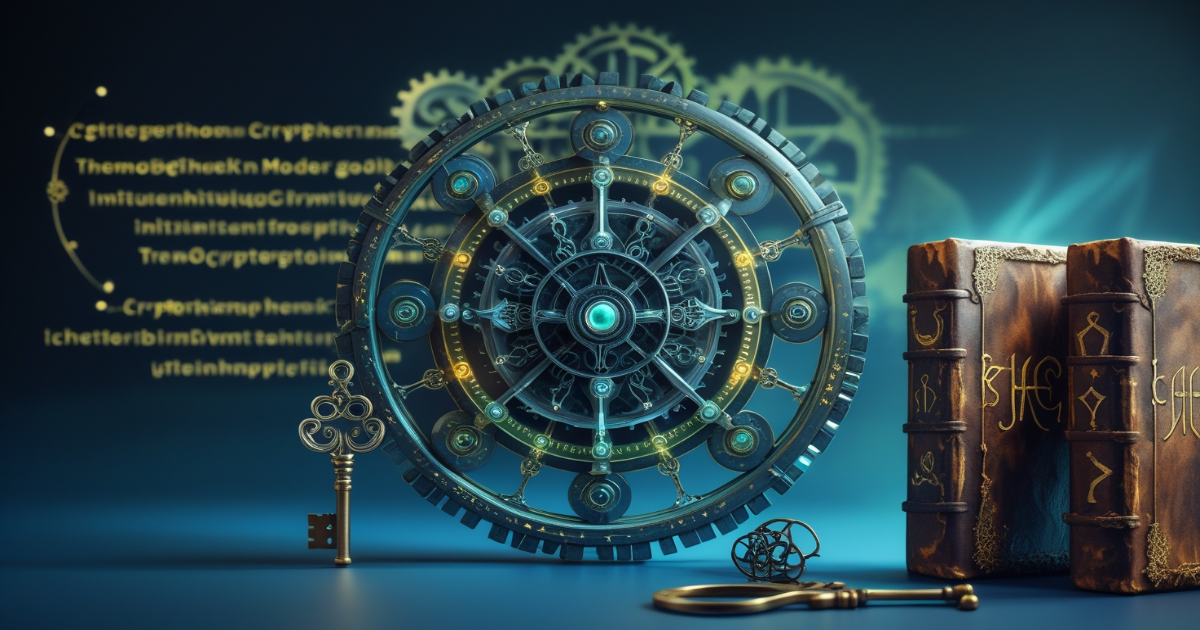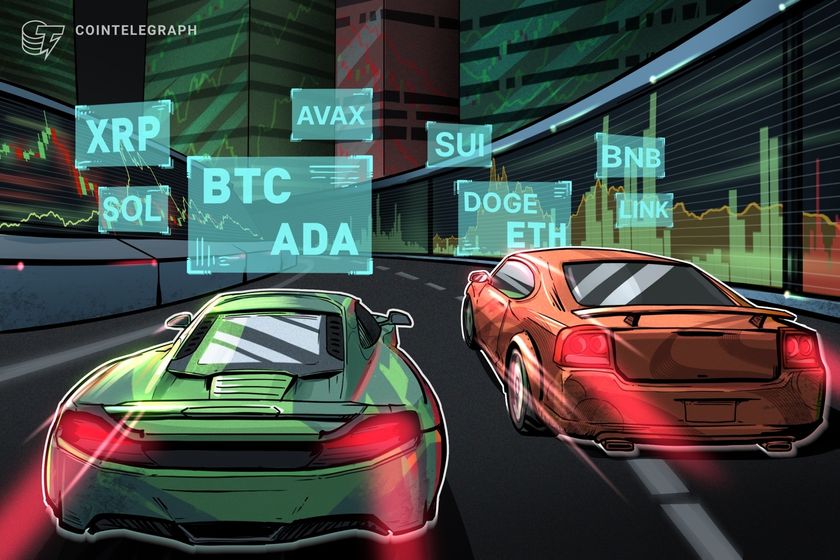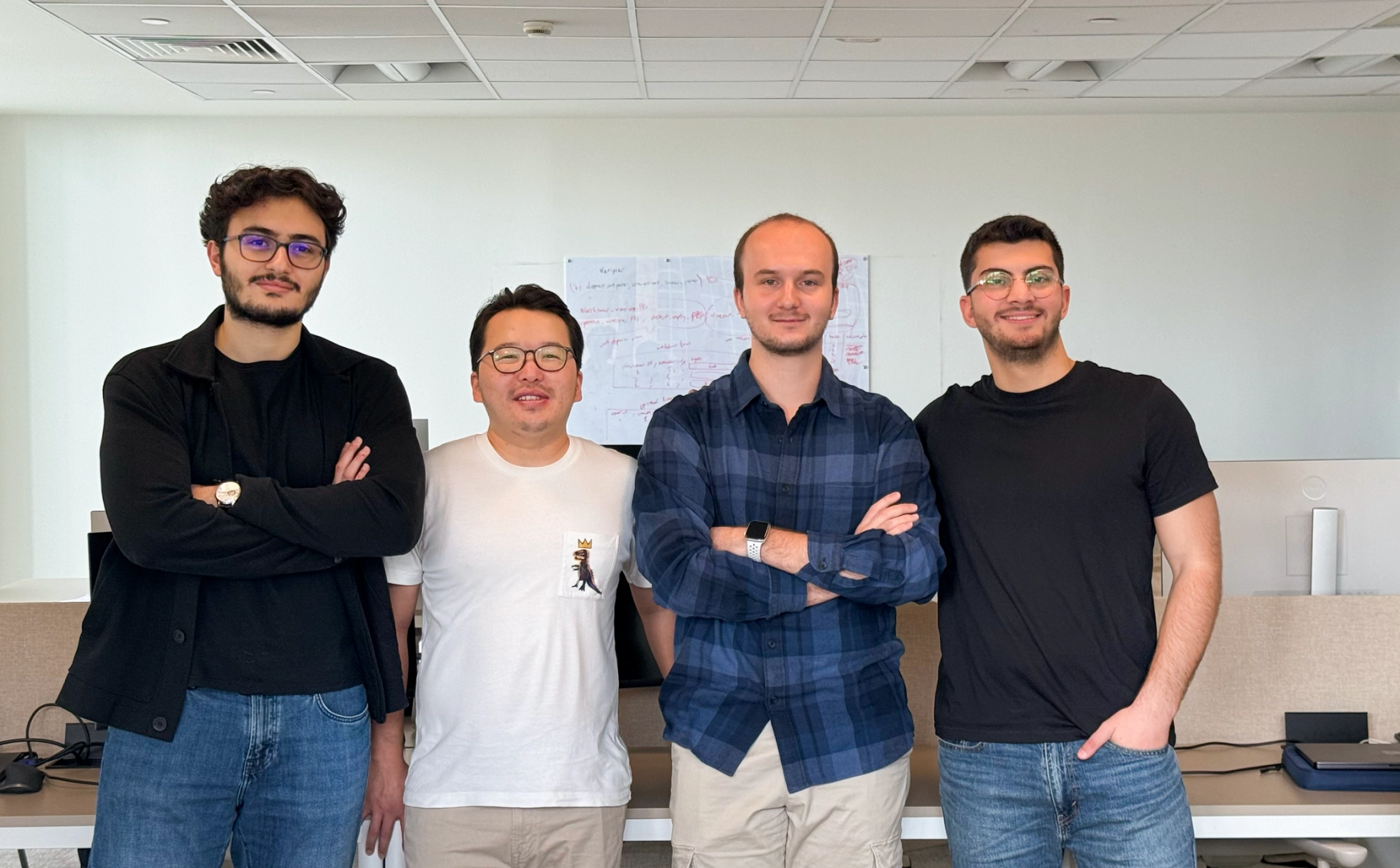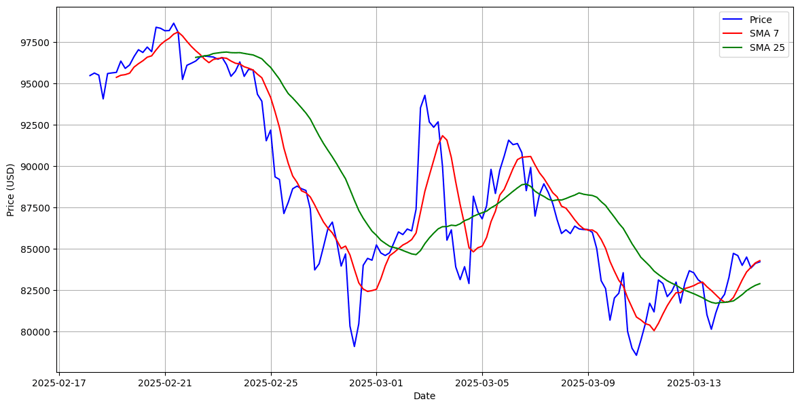Can AI Really Replace DevOps? A Reality Check for 2025
Can AI replace DevOps in 2025? That’s the kind of question that’s been floating around tech Twitter, Slack communities, and even boardroom meetings lately. With all the hype around AI automating everything from code suggestions to full deployments, it’s fair to ask: Do we even need DevOps engineers anymore? The short answer? No, AI isn’t replacing DevOps, but it is reshaping the way DevOps works. And in many cases, it’s reducing the need for hands-on infra work, especially for startups and small teams. Let’s dig into the real picture. No hype, no fluff, just a practical look at what AI can and can’t do when it comes to DevOps in 2025. The Rise of AI-Powered Infrastructure In 2025, AI is no longer just suggesting code, it’s managing deployments, auto-scaling servers, rolling back bad releases, and optimizing costs in real-time. Platforms like Kuberns have already built AI layers on top of cloud orchestration tools to eliminate the repetitive stuff: YAML files, CI/CD scripts, and even security checks. But let’s be clear: AI isn’t doing “DevOps” in the way a human would. It’s automating DevOps processes, not replacing the role entirely. So, if your definition of DevOps is writing infrastructure-as-code, setting up pipelines, handling Kubernetes, and fixing broken builds at 2AM. Yeah, AI is taking that part over. And honestly? Most developers are thankful. What AI does well in DevOps (And why it matters?) Let’s break down what AI is already doing effectively in cloud operations today: Deployment Automation: Platforms like Kuberns One-Click Deployment can detect your stack, configure the infrastructure, and deploy your app—all without you touching a single config file. Smart Scaling: Instead of manually tweaking server specs, AI observes real-time traffic and auto-scales resources up or down. You get the performance you need, minus the cloud bill panic. Monitoring and Self-Healing: If a pod crashes or latency spikes, AI can trace the issue through logs, diagnose the failure, and restart the service before users even notice. Security Enforcement: AI systems are now scanning deployment pipelines for secrets in code, open ports, misconfigured roles, and more—then fixing them automatically or flagging them before deployment. All of this cuts down setup time, human error, and costs. It also means that you don’t need a full-blown DevOps team just to go live with your product. What AI still can’t do (Yet) Here’s the part no one talks about: AI doesn’t understand context. Sure, AI can suggest infrastructure configurations or optimize workloads, but it doesn’t fully grasp why your app needs a specific setup or how your business model impacts infrastructure choices. It’s still dependent on patterns and training data. Some examples of where human DevOps still shines: Architecture Design: Choosing between monolith vs microservices? Picking the right database for a specific use case? That’s still a human call. Disaster Recovery Planning: AI can respond to a crash, but planning failovers across regions or designing RTO/RPO strategies? That takes experience. Cross-Team Communication: DevOps isn’t just automation. It’s also the bridge between developers, QA, and operations. AI can’t join your sprint planning or explain system bottlenecks to non-technical teams. So no, AI isn’t killing DevOps, it’s elevating it. It's removing the boilerplate so DevOps engineers can focus on strategy, architecture, and governance rather than babysitting servers. What this means for developers, startups, and teams in 2025? If you’re a startup founder or solo developer in 2025, this shift is amazing news. You can now launch production-grade apps without needing a full DevOps team. Platforms like Kuberns give you AI-powered cloud automation that saves time, money, and mental energy. You focus on building your product and let AI handle the rest. If you’re a DevOps engineer, the job isn’t disappearing. But it’s changing. Your new job is less about scripting and more about orchestration, governance, and scale. You’re still essential, but now, you’re operating at a higher level. And if you’re hiring? You no longer need 5 infrastructure engineers just to keep your startup alive. One person with AI-backed tools can do what a team used to do. Final Verdict: Can AI replace DevOps? Not completely. Not yet. Maybe not ever. But in 2025, AI is definitely replacing the repetitive, low-value parts of DevOps. And that’s a good thing. Because no one really wants to be on call at 3AM restarting Docker containers or manually configuring TLS. AI for DevOps isn’t about replacement, it’s about relief. It's about giving developers and operations teams the tools they need to build smarter, scale faster, and sleep better. And if you're ready to experience that kind of freedom? Start with Kuberns and see how far AI can take your deployment game.
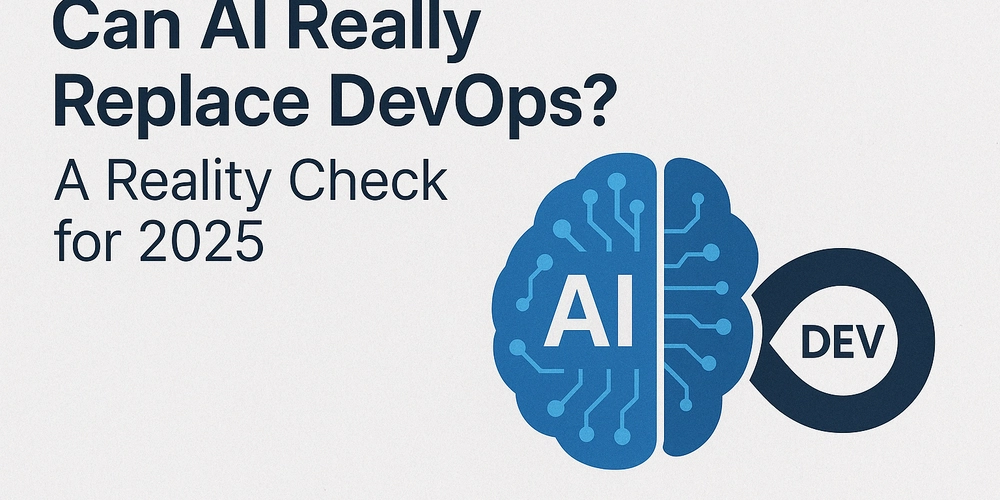
Can AI replace DevOps in 2025? That’s the kind of question that’s been floating around tech Twitter, Slack communities, and even boardroom meetings lately. With all the hype around AI automating everything from code suggestions to full deployments, it’s fair to ask: Do we even need DevOps engineers anymore?
The short answer?
No, AI isn’t replacing DevOps, but it is reshaping the way DevOps works. And in many cases, it’s reducing the need for hands-on infra work, especially for startups and small teams.
Let’s dig into the real picture. No hype, no fluff, just a practical look at what AI can and can’t do when it comes to DevOps in 2025.
The Rise of AI-Powered Infrastructure
In 2025, AI is no longer just suggesting code, it’s managing deployments, auto-scaling servers, rolling back bad releases, and optimizing costs in real-time.
Platforms like Kuberns have already built AI layers on top of cloud orchestration tools to eliminate the repetitive stuff: YAML files, CI/CD scripts, and even security checks.
But let’s be clear: AI isn’t doing “DevOps” in the way a human would. It’s automating DevOps processes, not replacing the role entirely.
So, if your definition of DevOps is writing infrastructure-as-code, setting up pipelines, handling Kubernetes, and fixing broken builds at 2AM.
Yeah, AI is taking that part over.
And honestly? Most developers are thankful.
What AI does well in DevOps (And why it matters?)
Let’s break down what AI is already doing effectively in cloud operations today:
- Deployment Automation: Platforms like Kuberns One-Click Deployment can detect your stack, configure the infrastructure, and deploy your app—all without you touching a single config file.
- Smart Scaling: Instead of manually tweaking server specs, AI observes real-time traffic and auto-scales resources up or down. You get the performance you need, minus the cloud bill panic.
- Monitoring and Self-Healing: If a pod crashes or latency spikes, AI can trace the issue through logs, diagnose the failure, and restart the service before users even notice.
- Security Enforcement: AI systems are now scanning deployment pipelines for secrets in code, open ports, misconfigured roles, and more—then fixing them automatically or flagging them before deployment.
All of this cuts down setup time, human error, and costs. It also means that you don’t need a full-blown DevOps team just to go live with your product.
What AI still can’t do (Yet)
Here’s the part no one talks about: AI doesn’t understand context.
Sure, AI can suggest infrastructure configurations or optimize workloads, but it doesn’t fully grasp why your app needs a specific setup or how your business model impacts infrastructure choices.
It’s still dependent on patterns and training data.
Some examples of where human DevOps still shines:
- Architecture Design: Choosing between monolith vs microservices? Picking the right database for a specific use case? That’s still a human call.
- Disaster Recovery Planning: AI can respond to a crash, but planning failovers across regions or designing RTO/RPO strategies? That takes experience.
- Cross-Team Communication: DevOps isn’t just automation. It’s also the bridge between developers, QA, and operations. AI can’t join your sprint planning or explain system bottlenecks to non-technical teams.
So no, AI isn’t killing DevOps, it’s elevating it.
It's removing the boilerplate so DevOps engineers can focus on strategy, architecture, and governance rather than babysitting servers.
What this means for developers, startups, and teams in 2025?
If you’re a startup founder or solo developer in 2025, this shift is amazing news.
You can now launch production-grade apps without needing a full DevOps team. Platforms like Kuberns give you AI-powered cloud automation that saves time, money, and mental energy.
You focus on building your product and let AI handle the rest.
If you’re a DevOps engineer, the job isn’t disappearing. But it’s changing. Your new job is less about scripting and more about orchestration, governance, and scale.
You’re still essential,
but now, you’re operating at a higher level.
And if you’re hiring? You no longer need 5 infrastructure engineers just to keep your startup alive.
One person with AI-backed tools can do what a team used to do.
Final Verdict: Can AI replace DevOps?
Not completely. Not yet. Maybe not ever.
But in 2025, AI is definitely replacing the repetitive, low-value parts of DevOps.
And that’s a good thing. Because no one really wants to be on call at 3AM restarting Docker containers or manually configuring TLS.
AI for DevOps isn’t about replacement, it’s about relief.
It's about giving developers and operations teams the tools they need to build smarter, scale faster, and sleep better.
And if you're ready to experience that kind of freedom?
Start with Kuberns and see how far AI can take your deployment game.


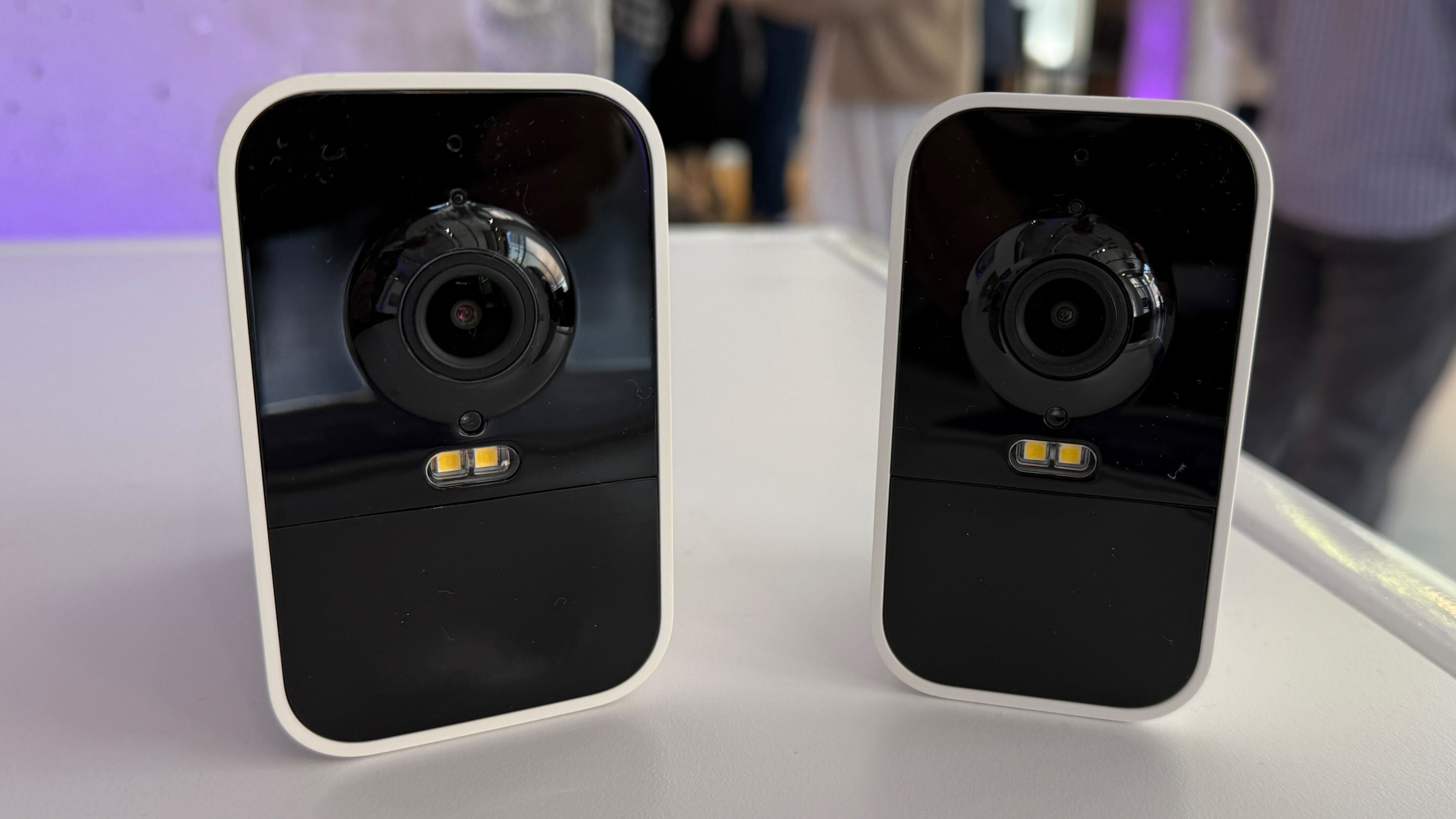














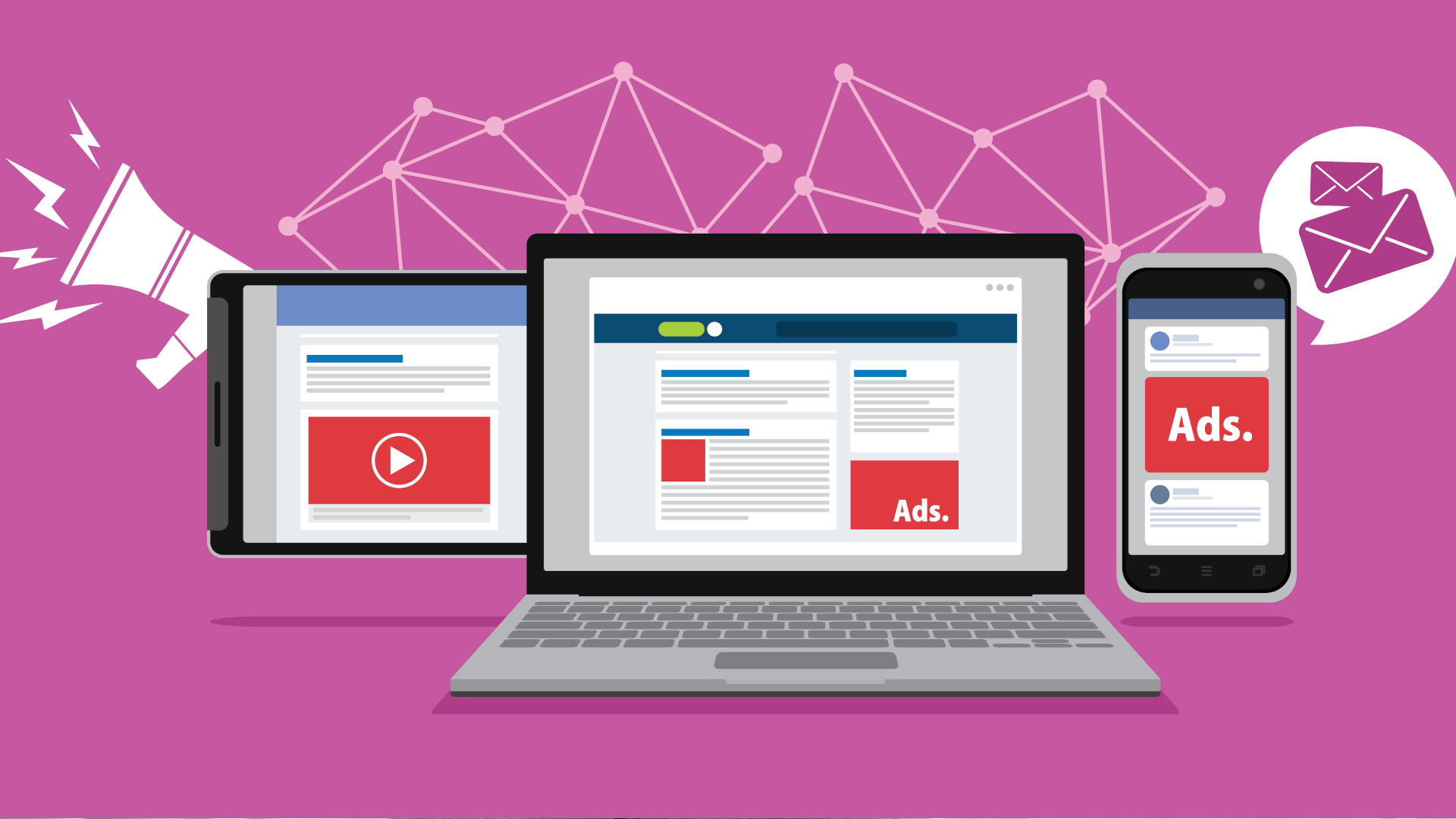





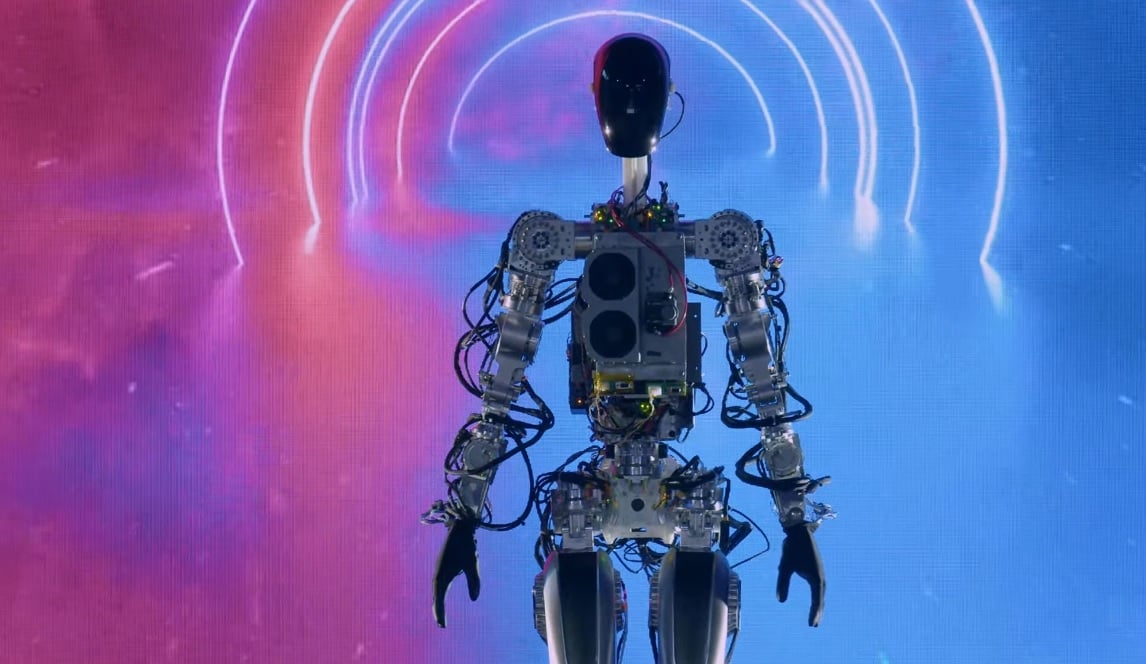


















































































































































![[The AI Show Episode 144]: ChatGPT’s New Memory, Shopify CEO’s Leaked “AI First” Memo, Google Cloud Next Releases, o3 and o4-mini Coming Soon & Llama 4’s Rocky Launch](https://www.marketingaiinstitute.com/hubfs/ep%20144%20cover.png)















































































































![Is This Programming Paradigm New? [closed]](https://miro.medium.com/v2/resize:fit:1200/format:webp/1*nKR2930riHA4VC7dLwIuxA.gif)
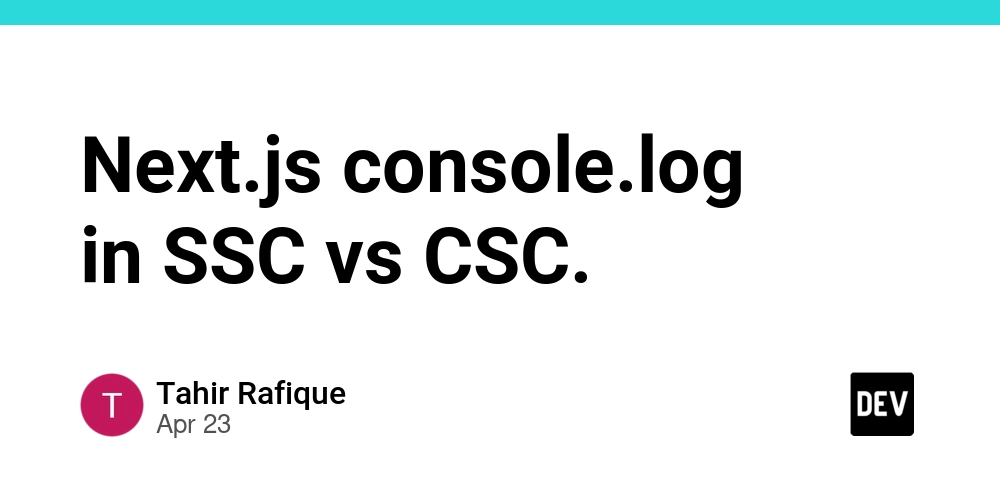
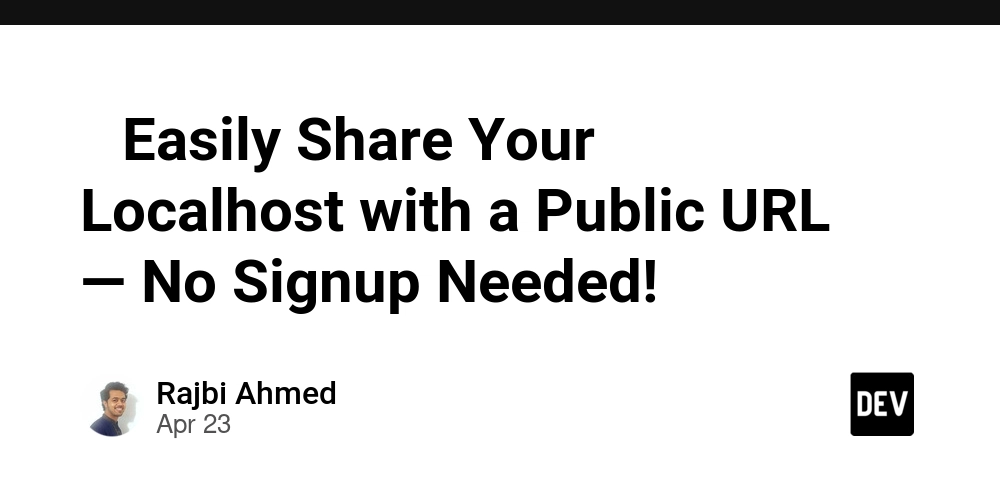
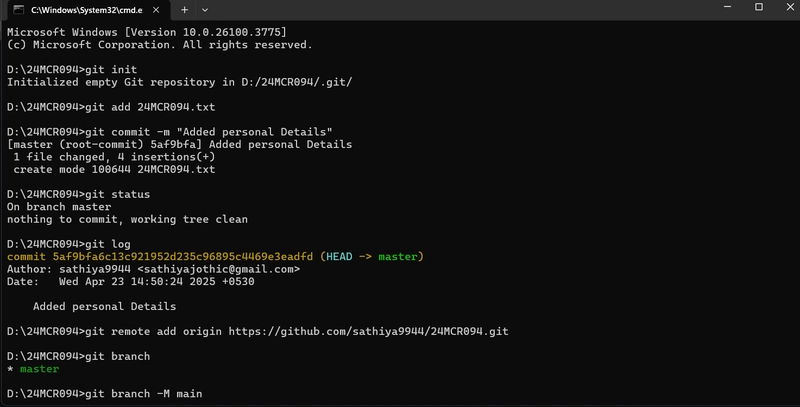
















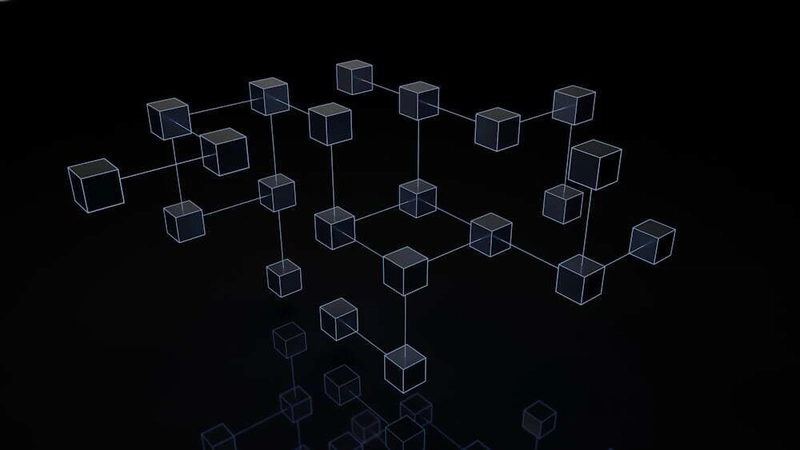








































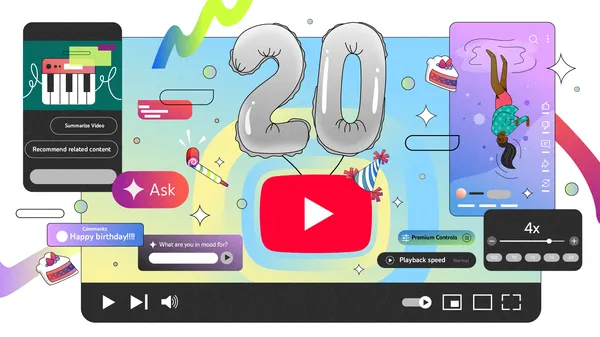








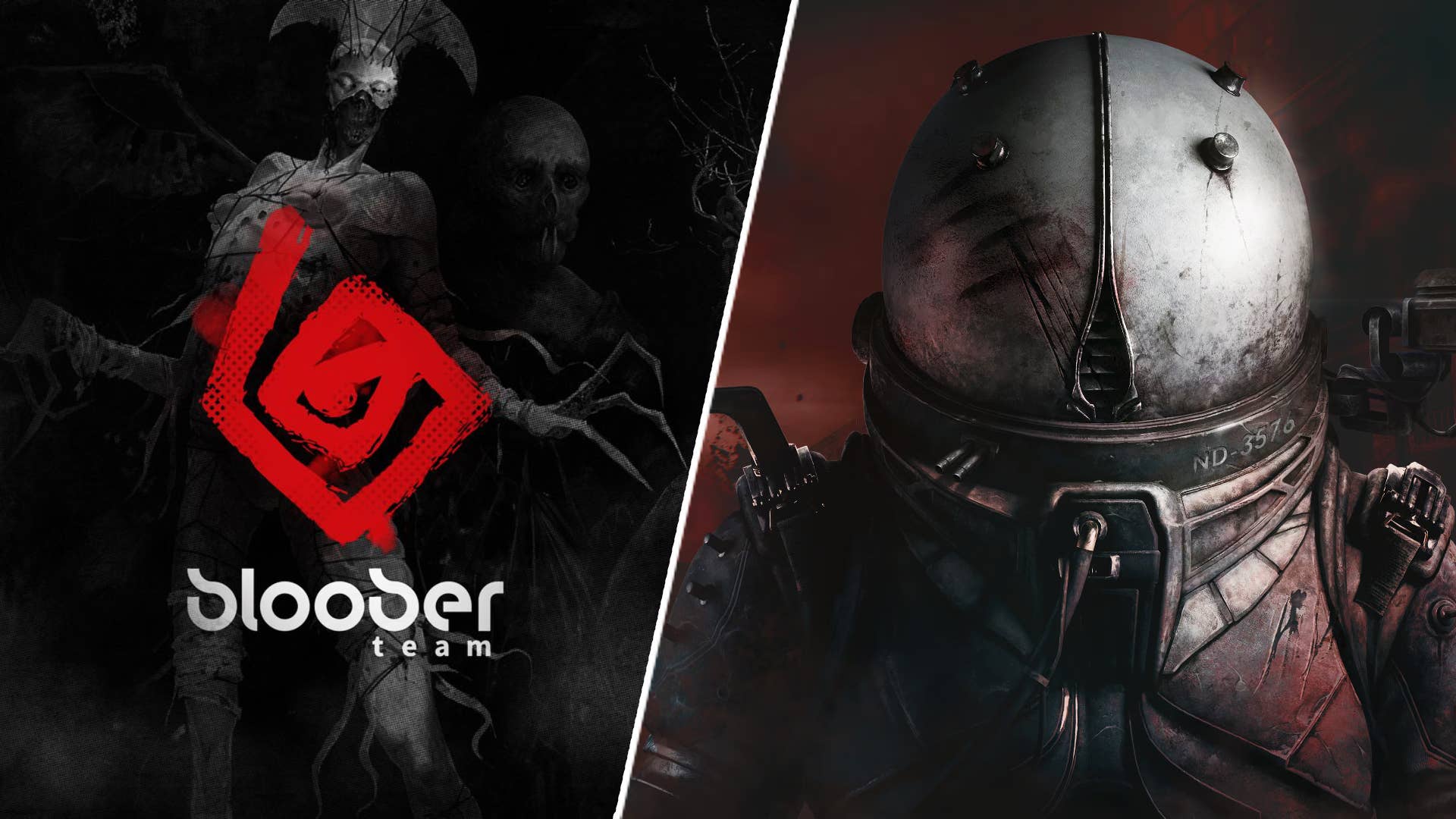
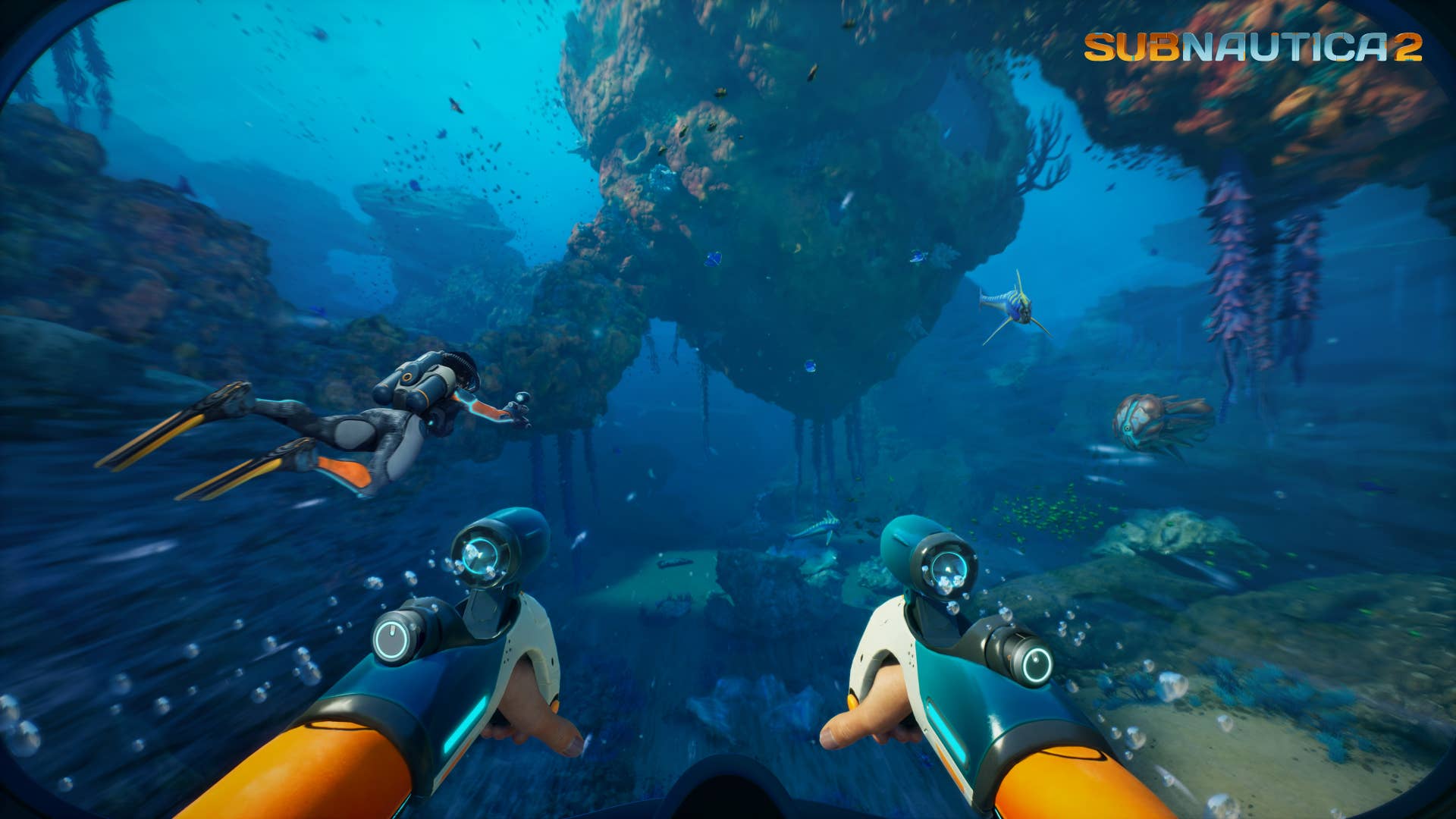






























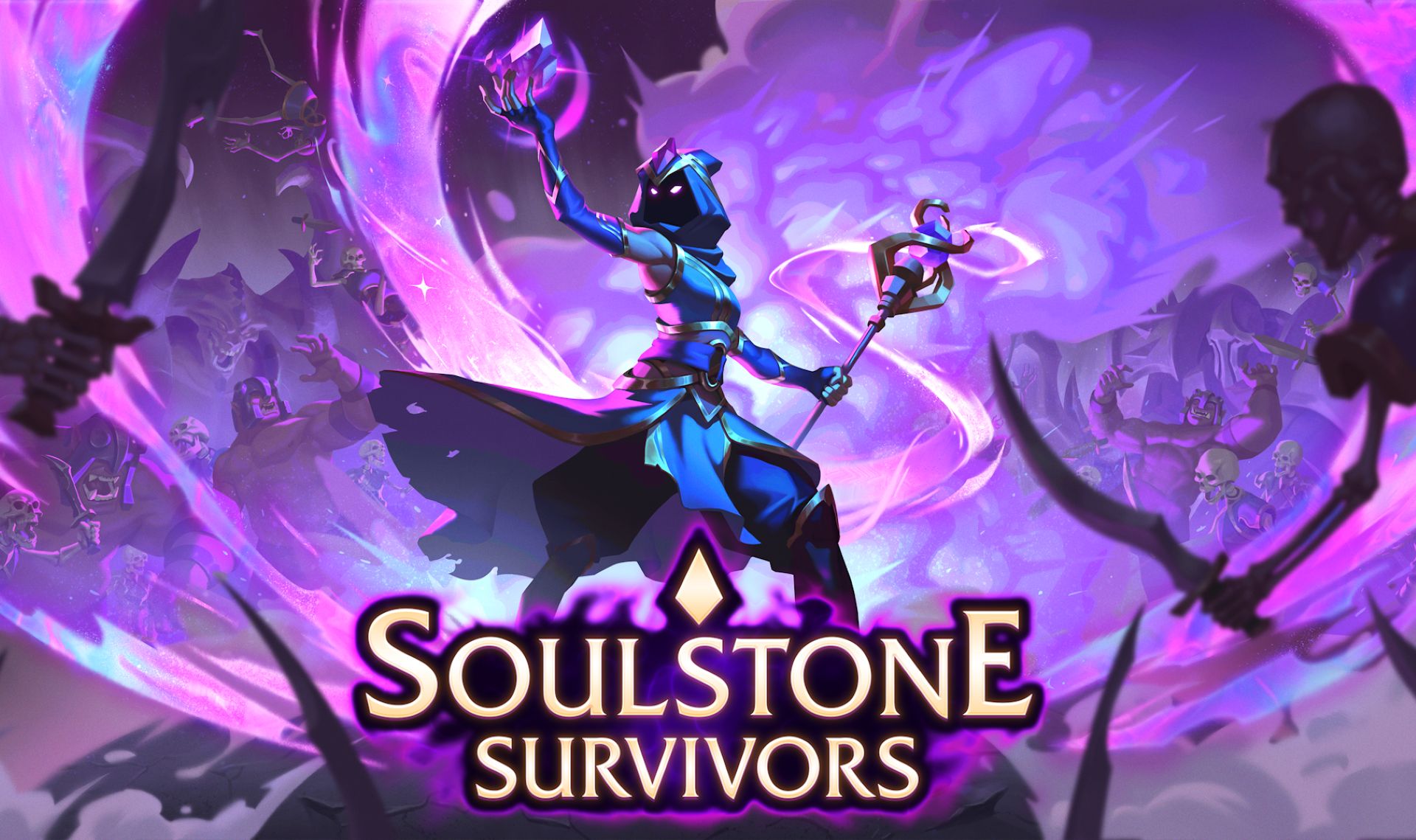







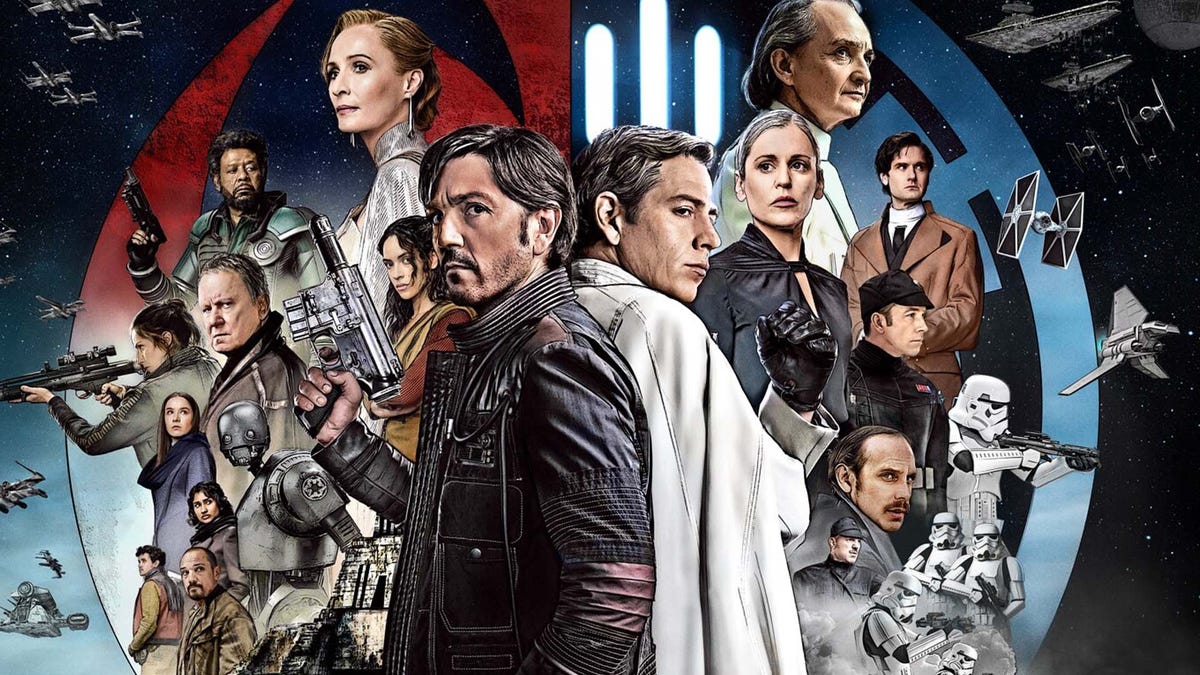


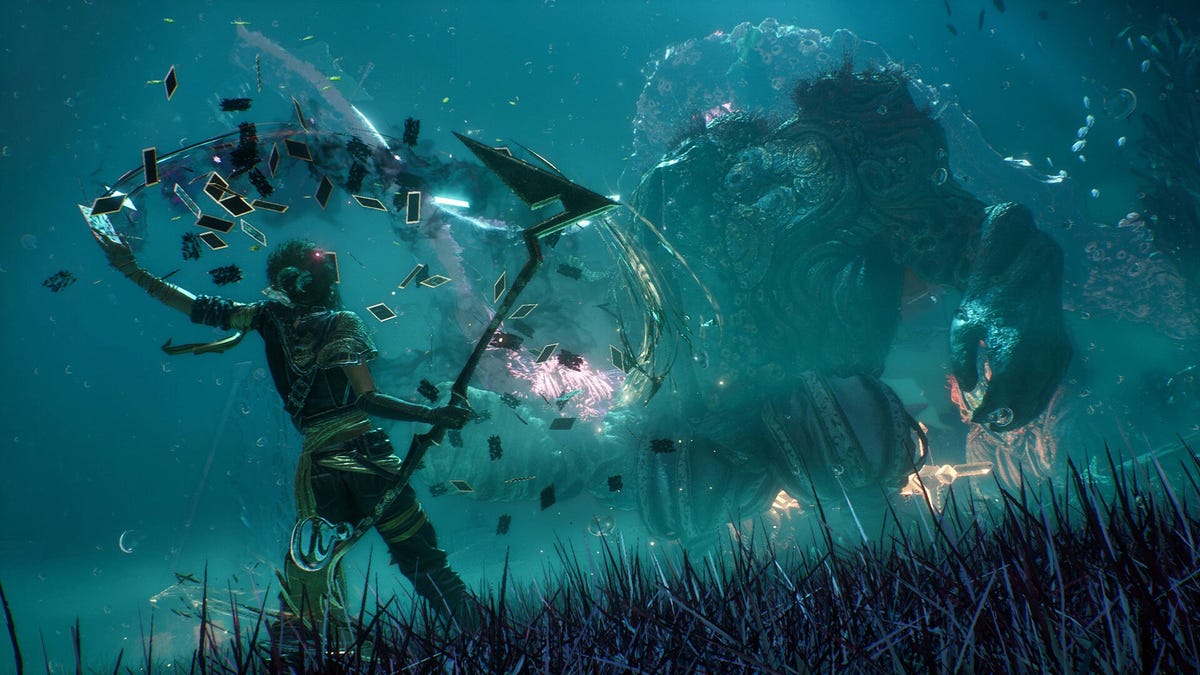

















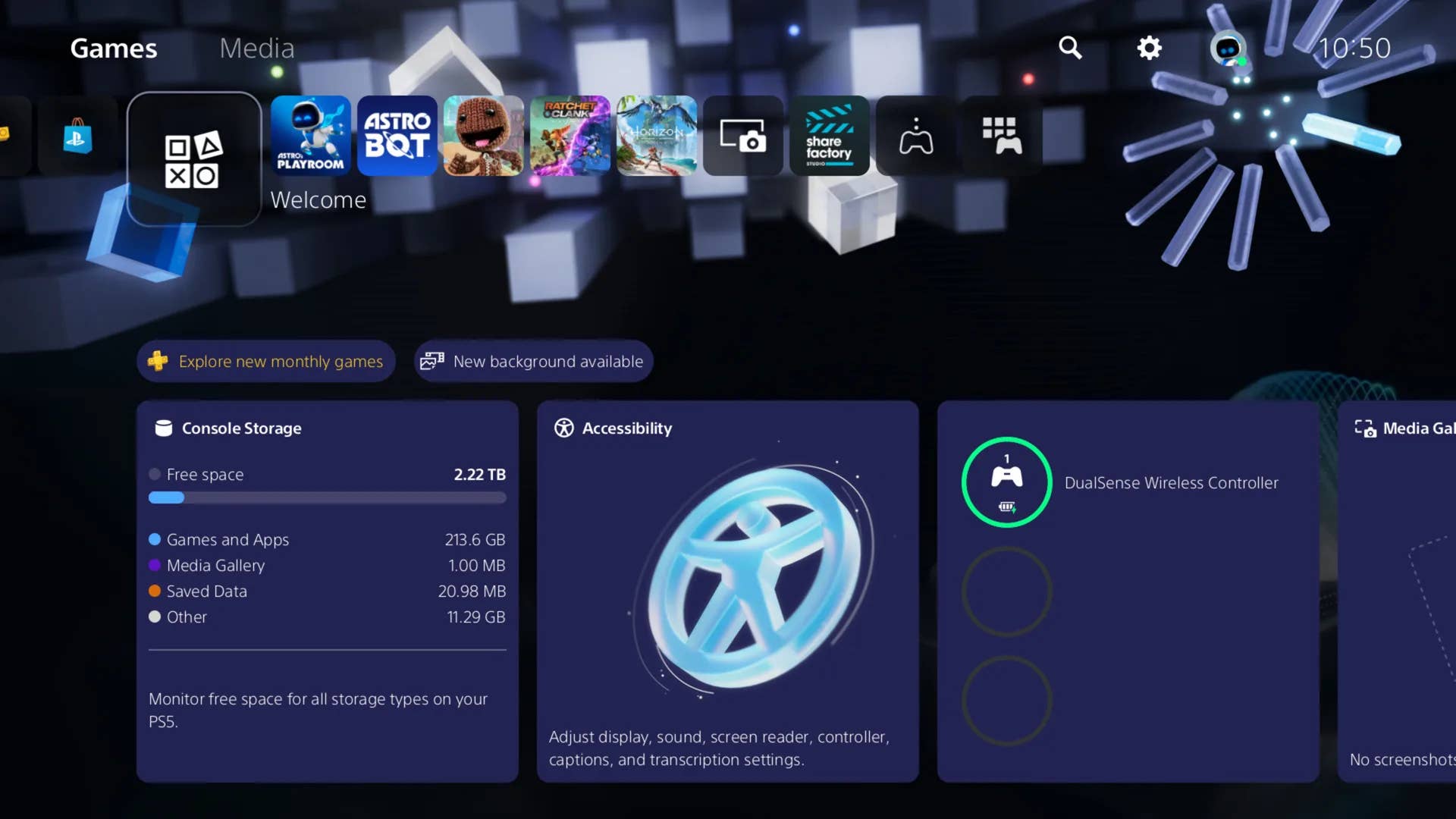
-Classic-Nintendo-GameCube-games-are-coming-to-Nintendo-Switch-2!-00-00-13.png?width=1920&height=1920&fit=bounds&quality=70&format=jpg&auto=webp#)




























_Wavebreakmedia_Ltd_FUS1507-1_Alamy.jpg?width=1280&auto=webp&quality=80&disable=upscale#)



























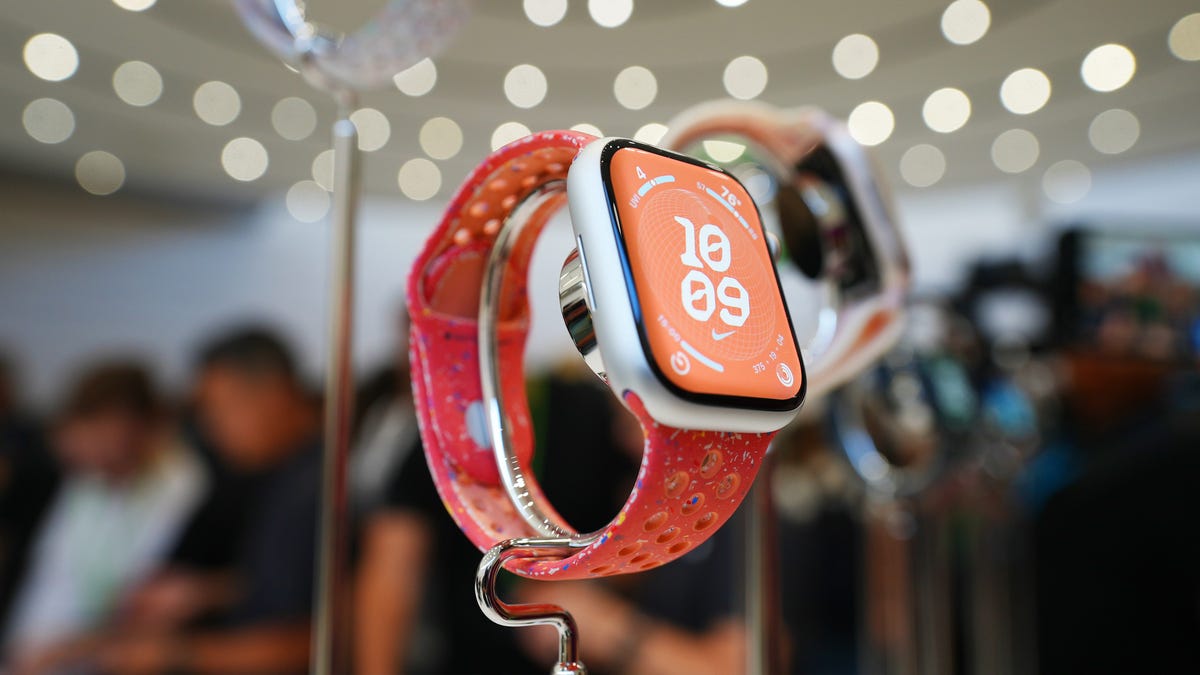




























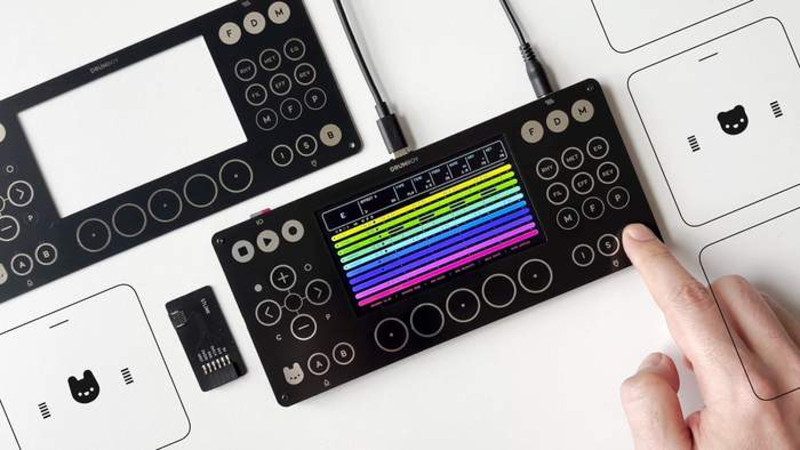

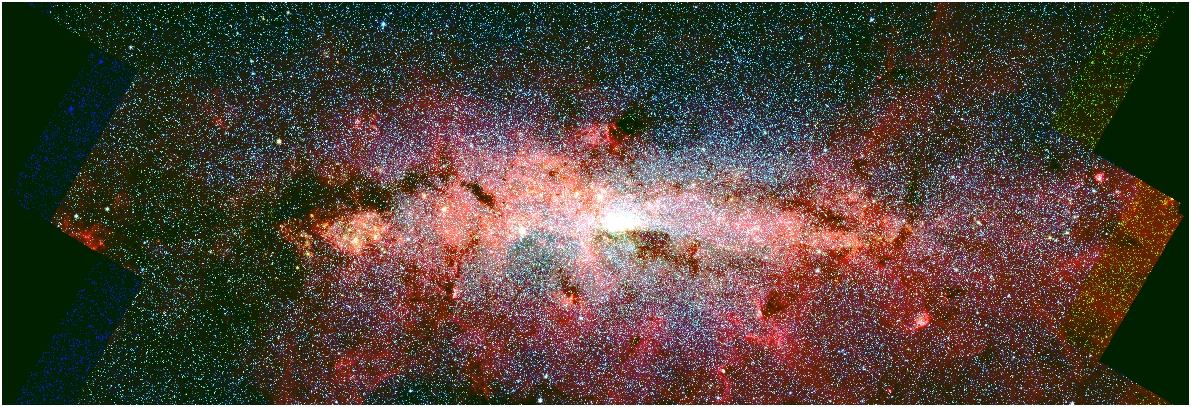
























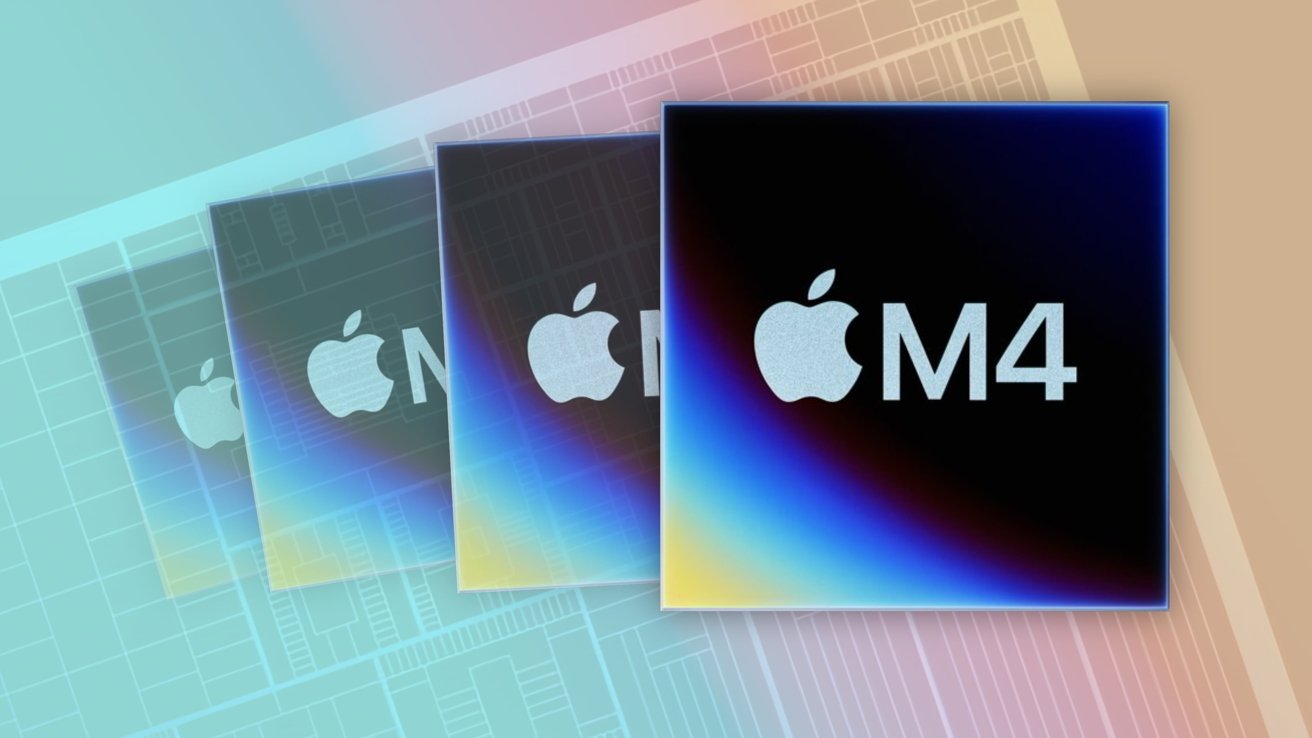

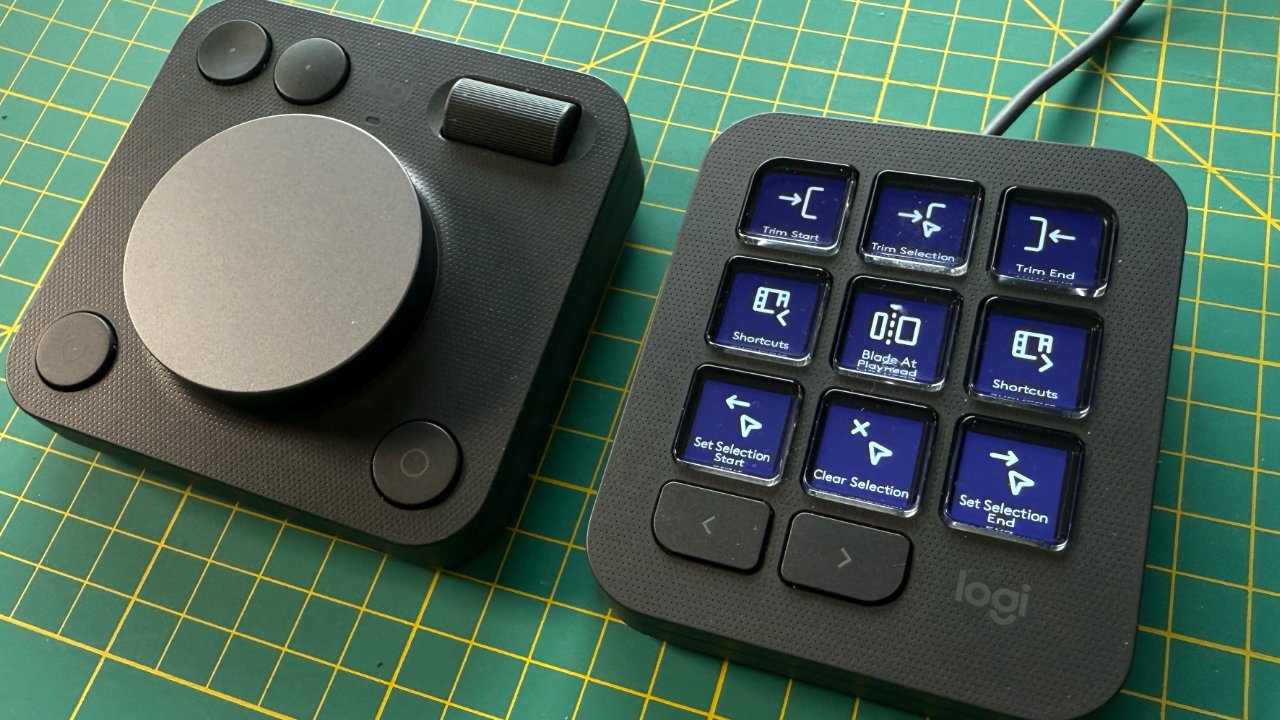



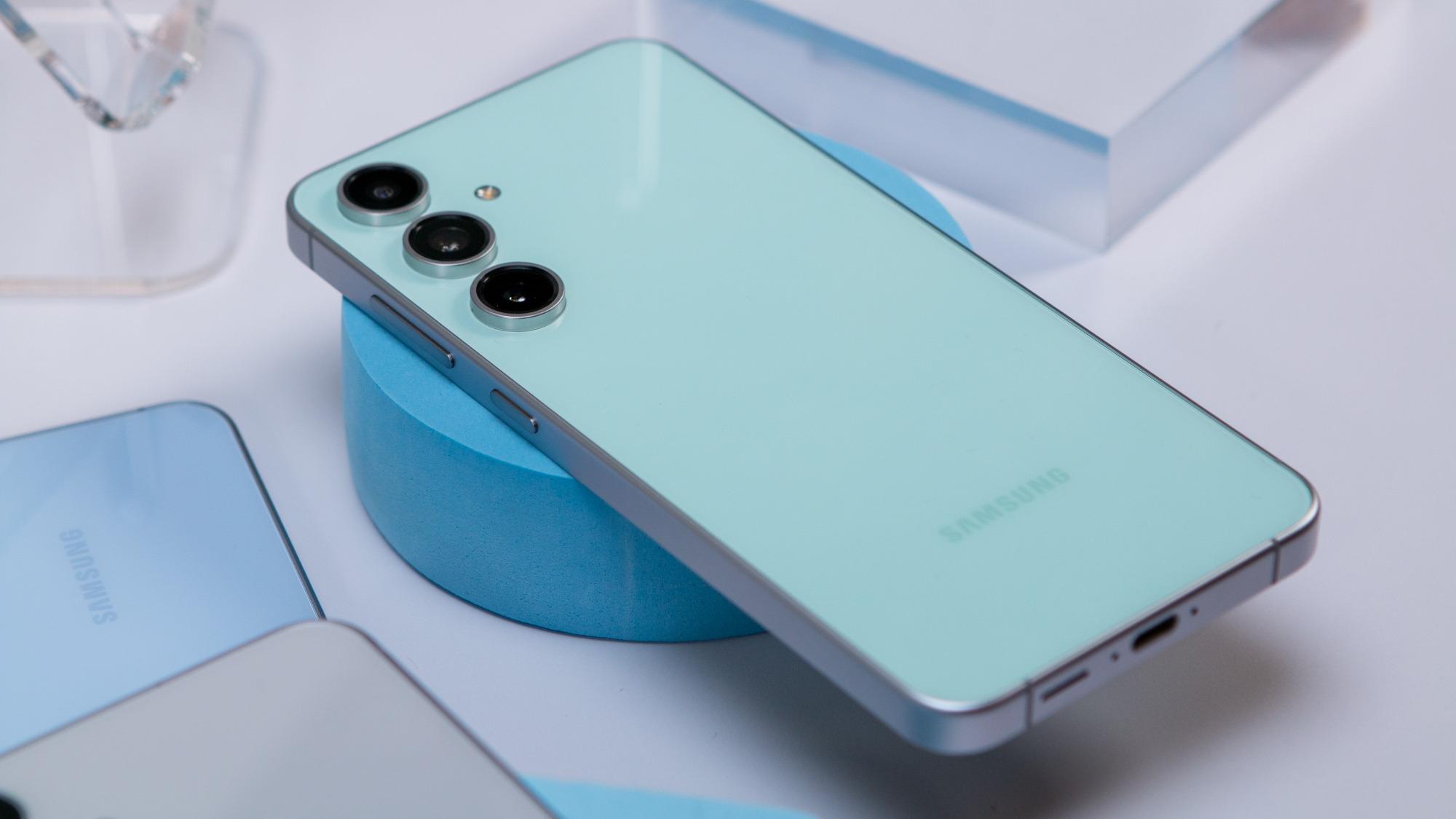
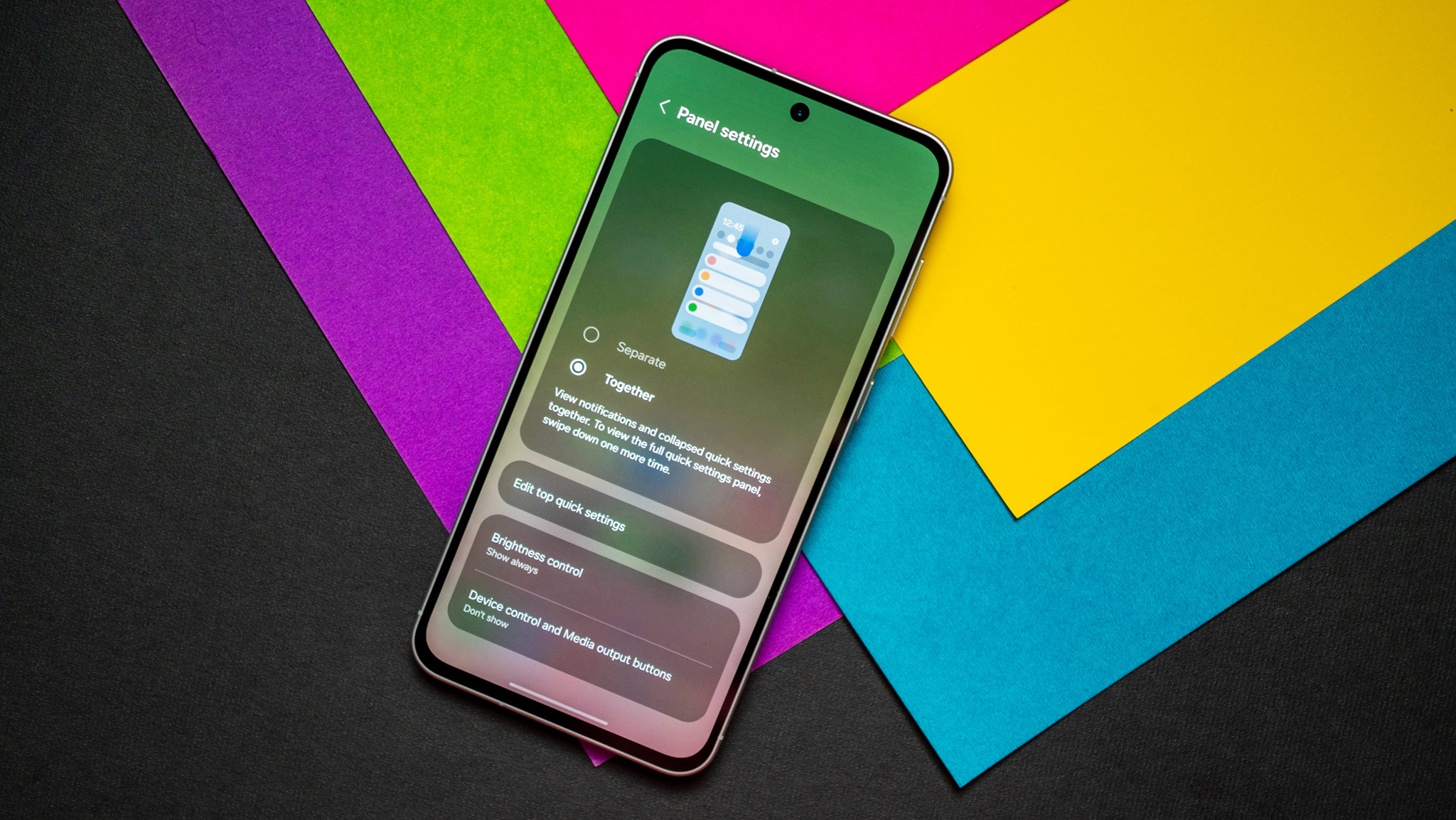

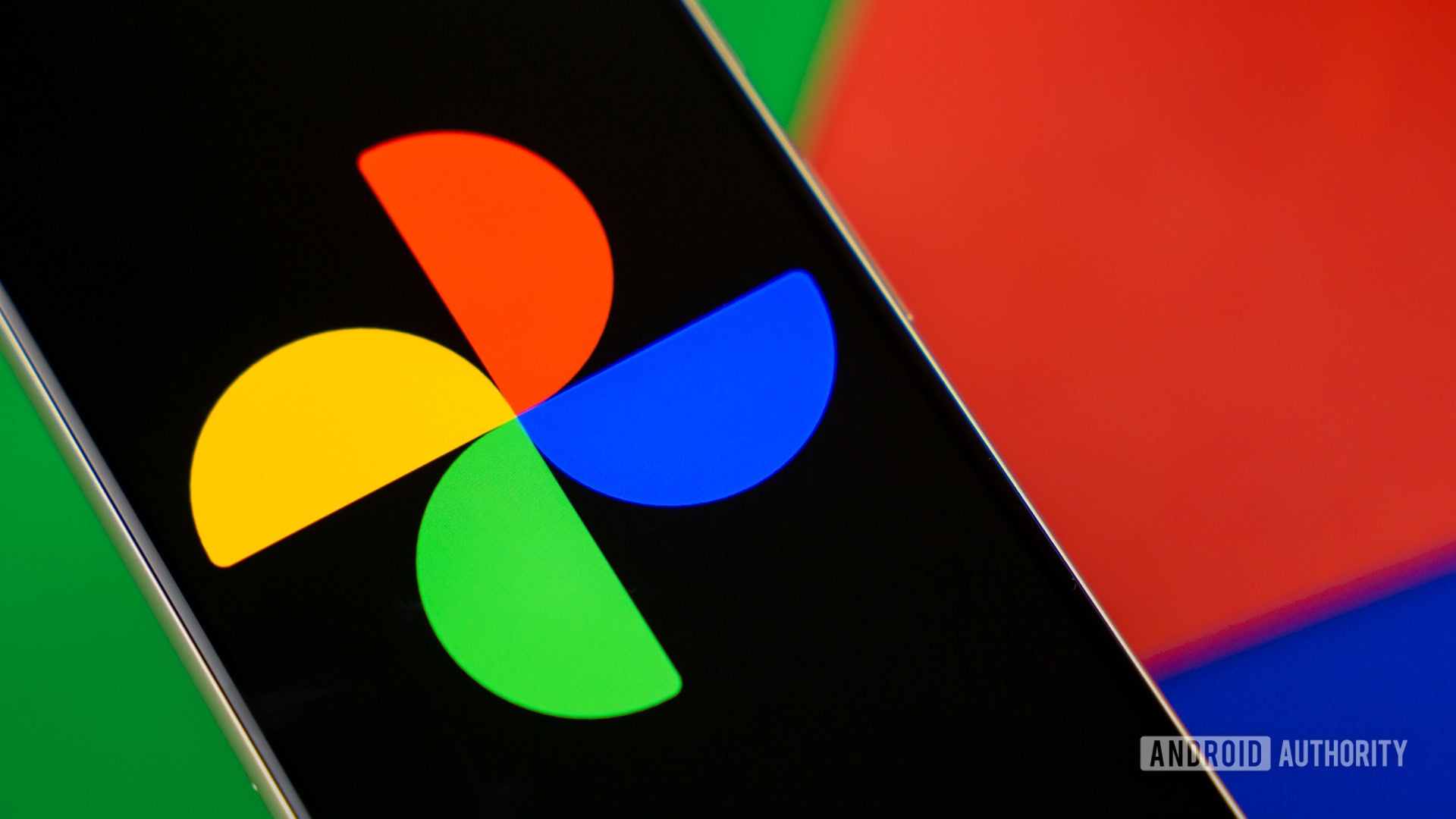
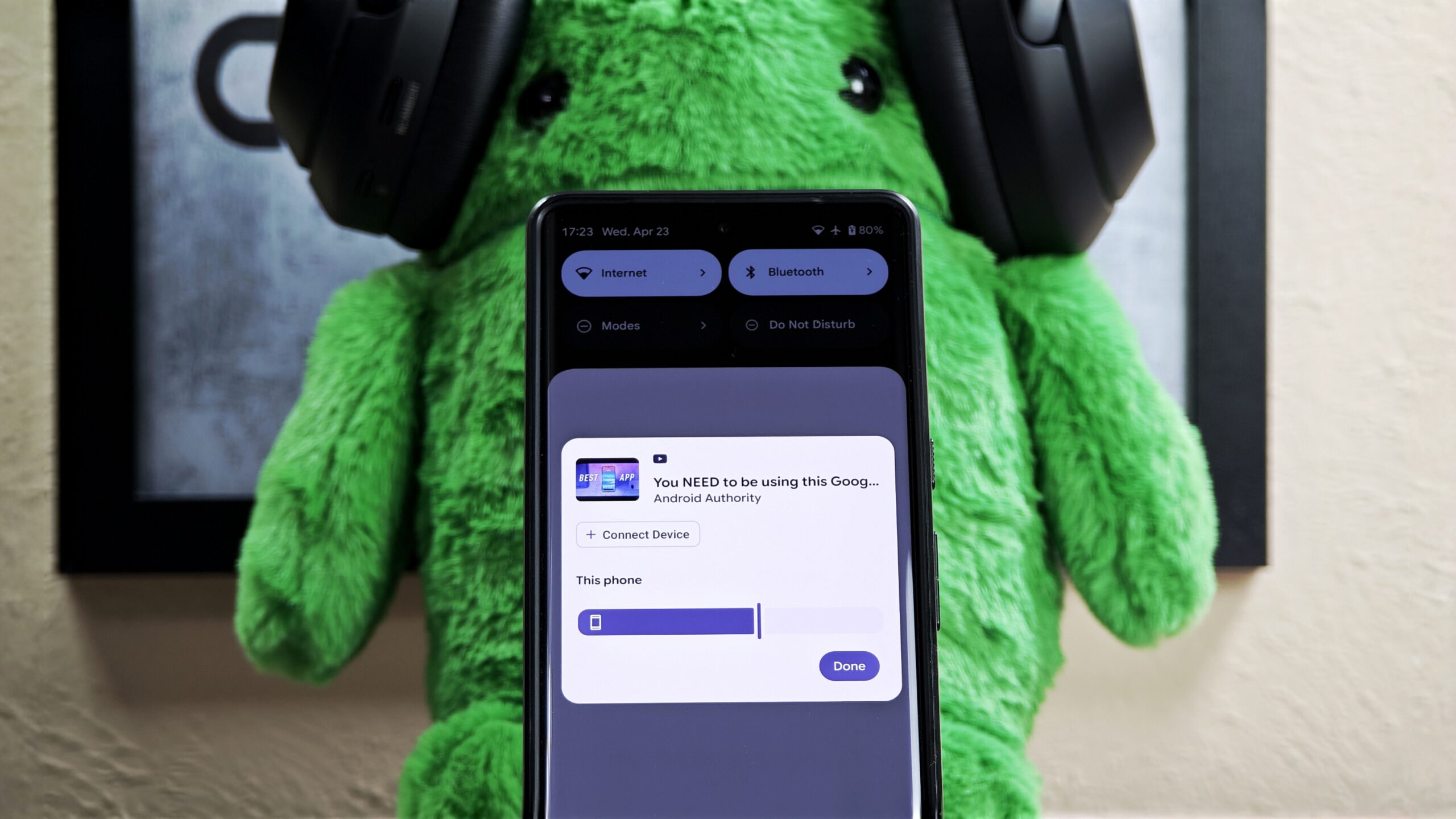





















![New iPhone 17 Dummy Models Surface in Black and White [Images]](https://www.iclarified.com/images/news/97106/97106/97106-640.jpg)


![Hands-On With 'iPhone 17 Air' Dummy Reveals 'Scary Thin' Design [Video]](https://www.iclarified.com/images/news/97100/97100/97100-640.jpg)

















